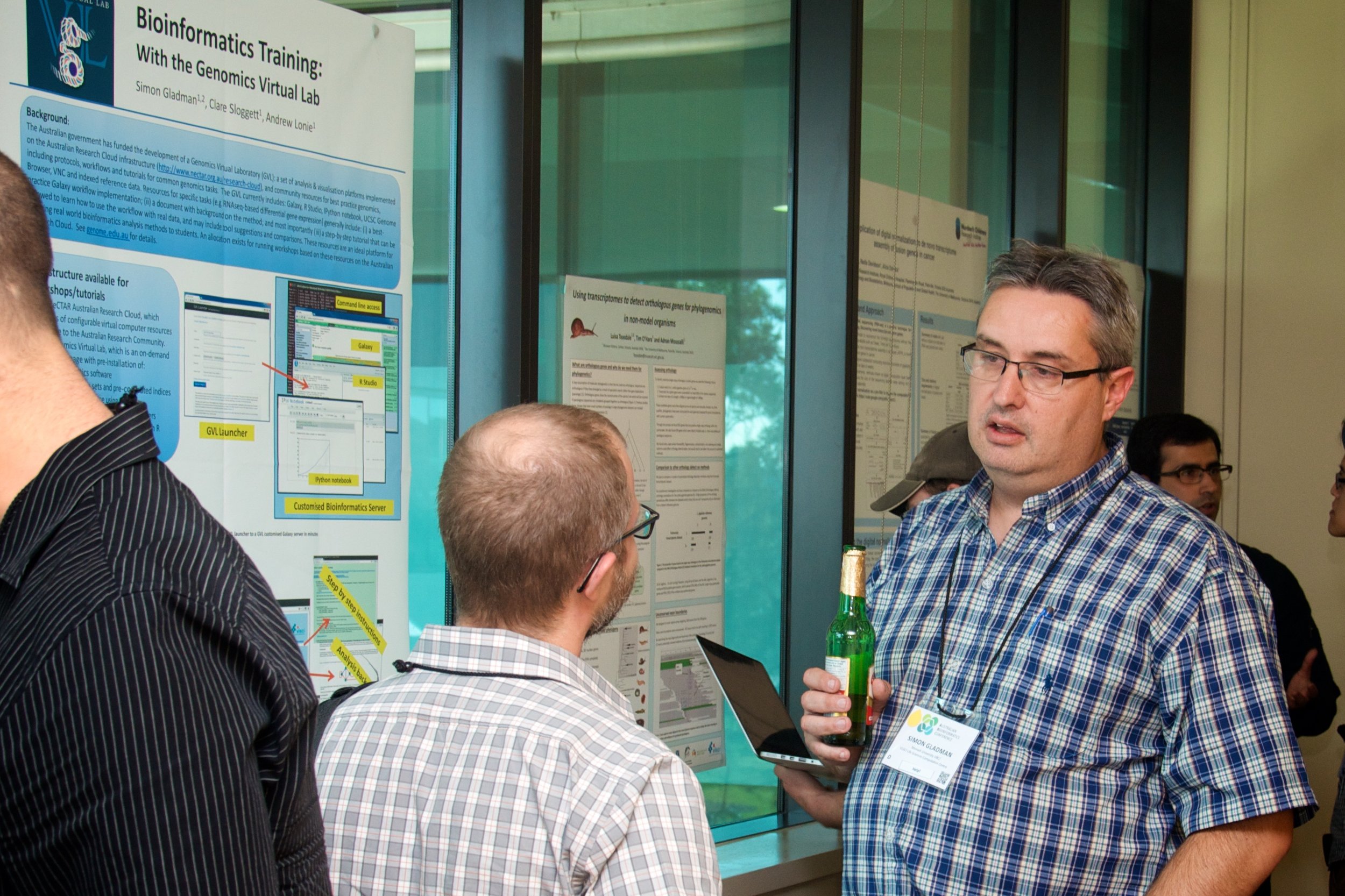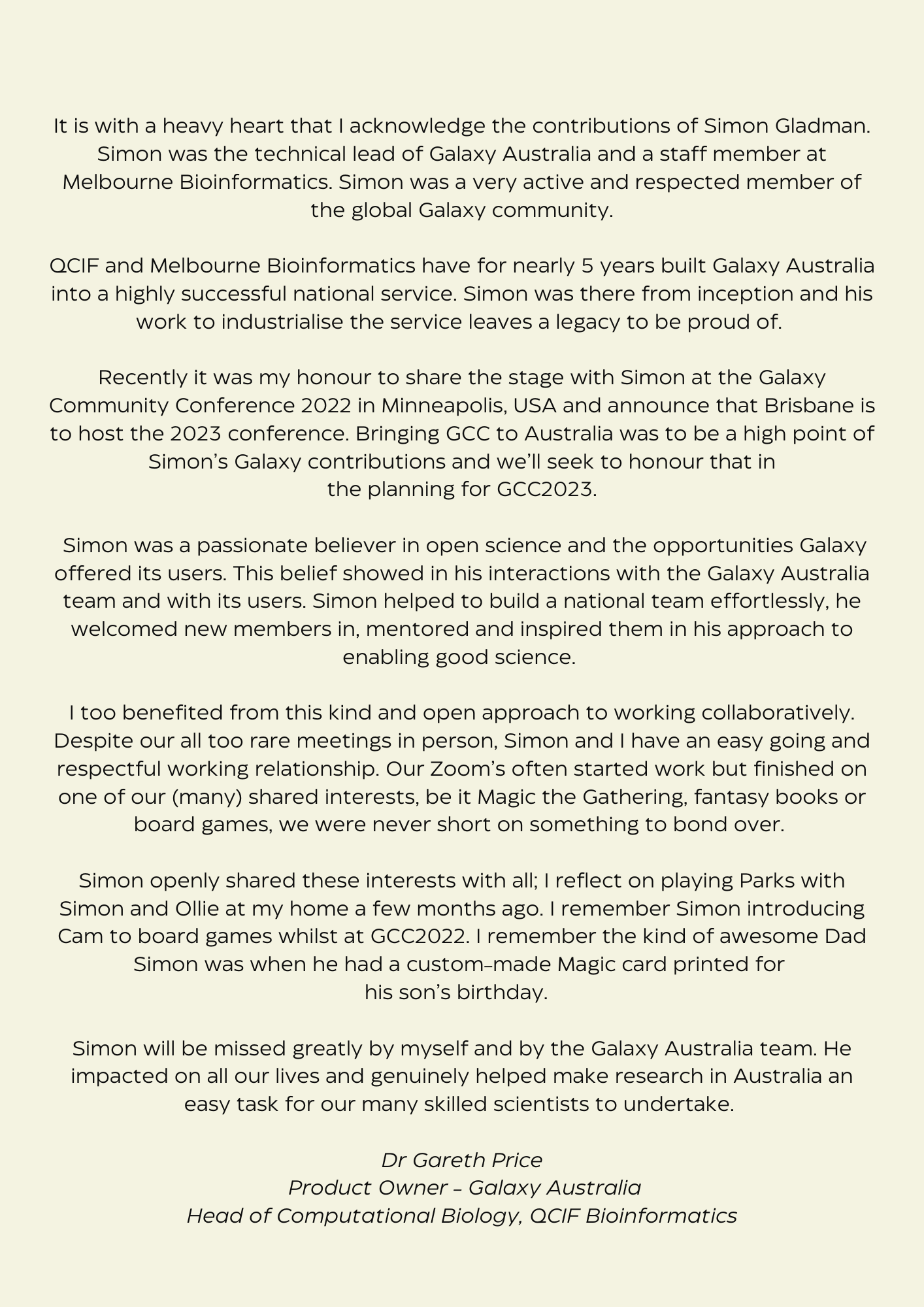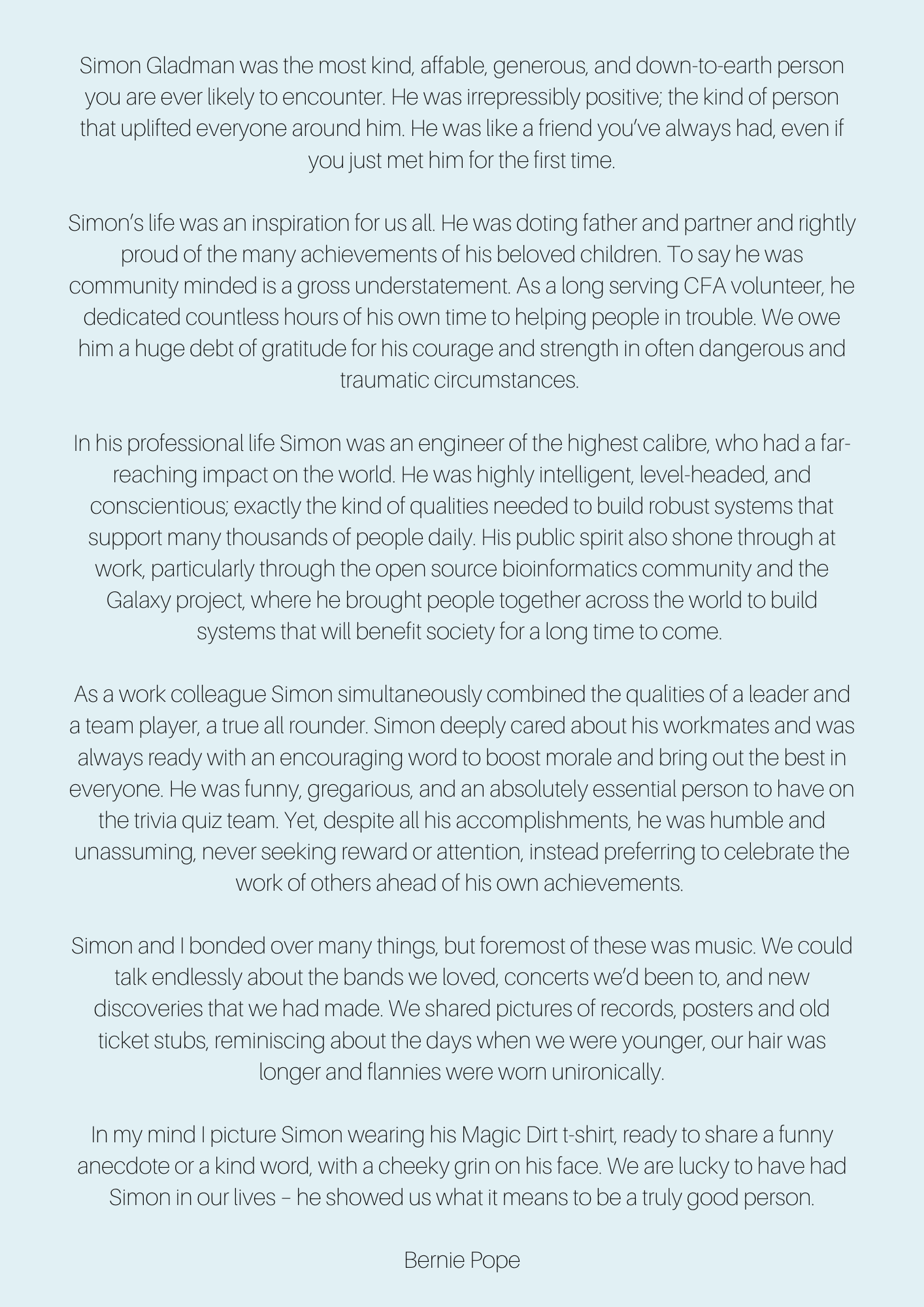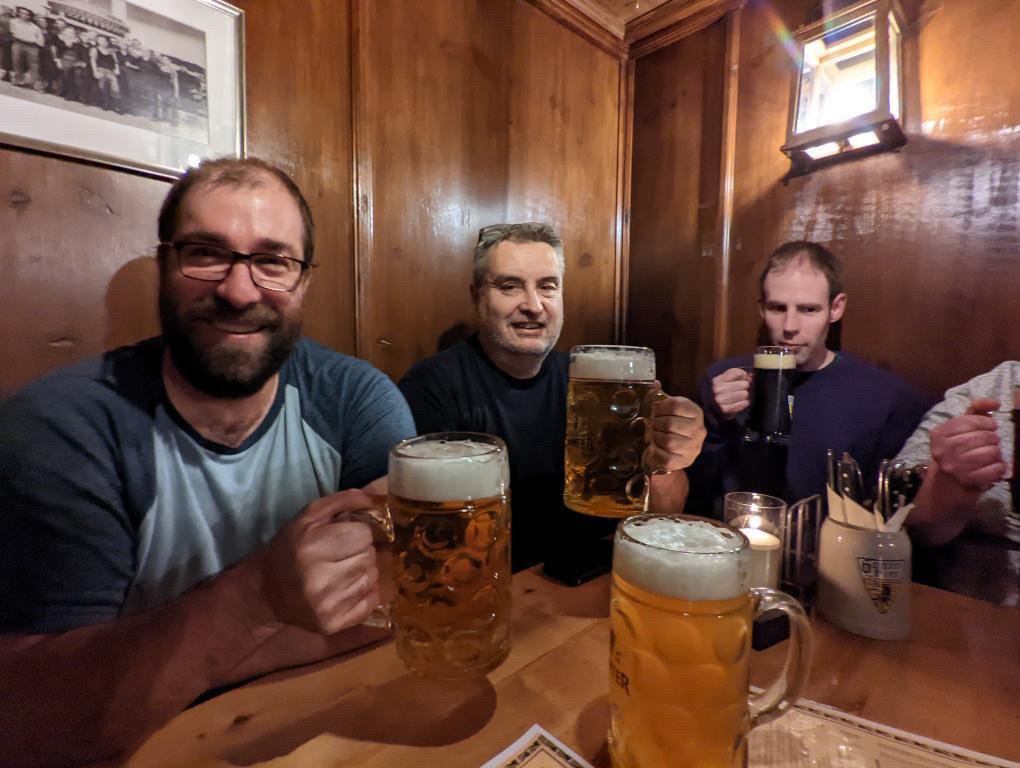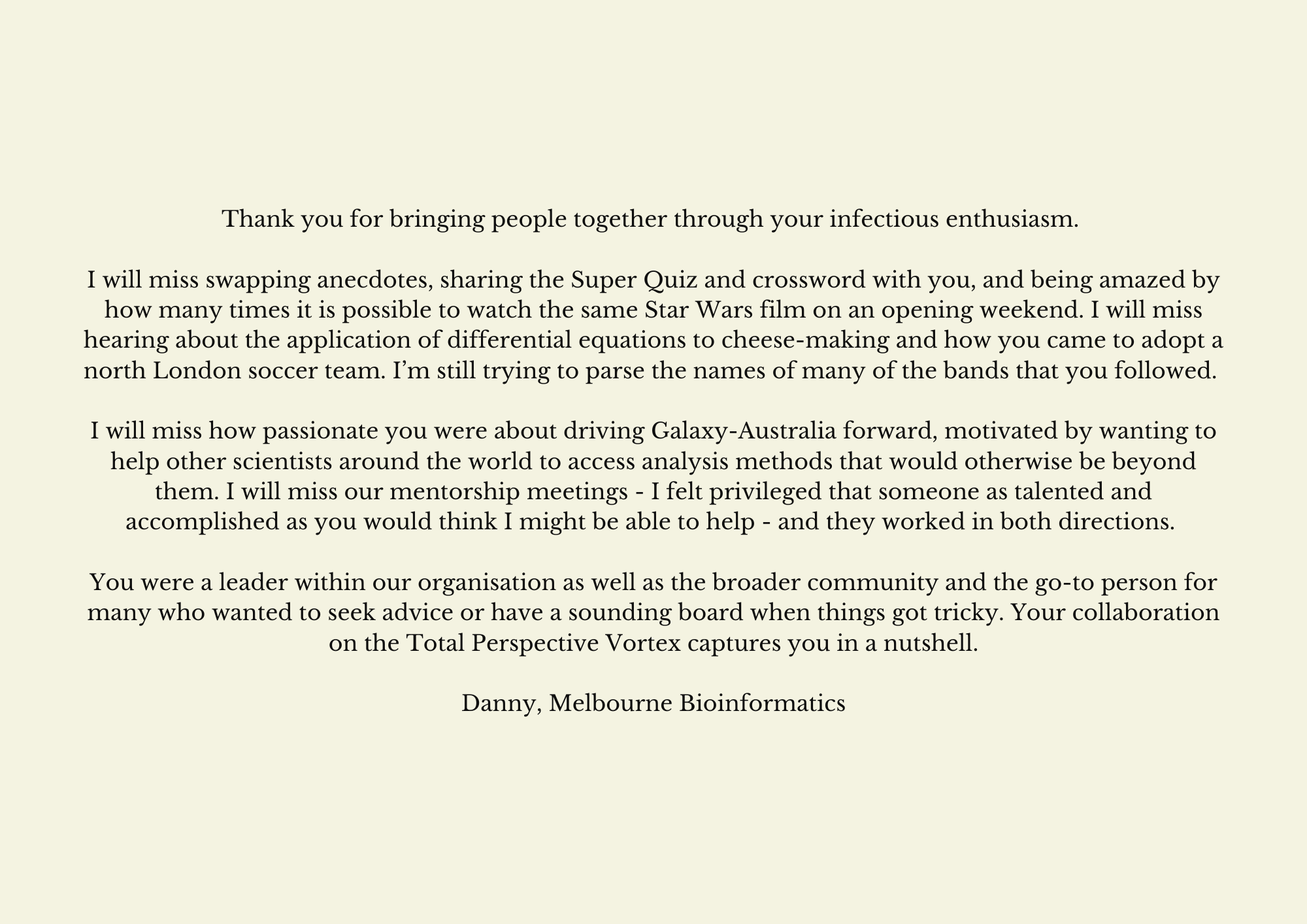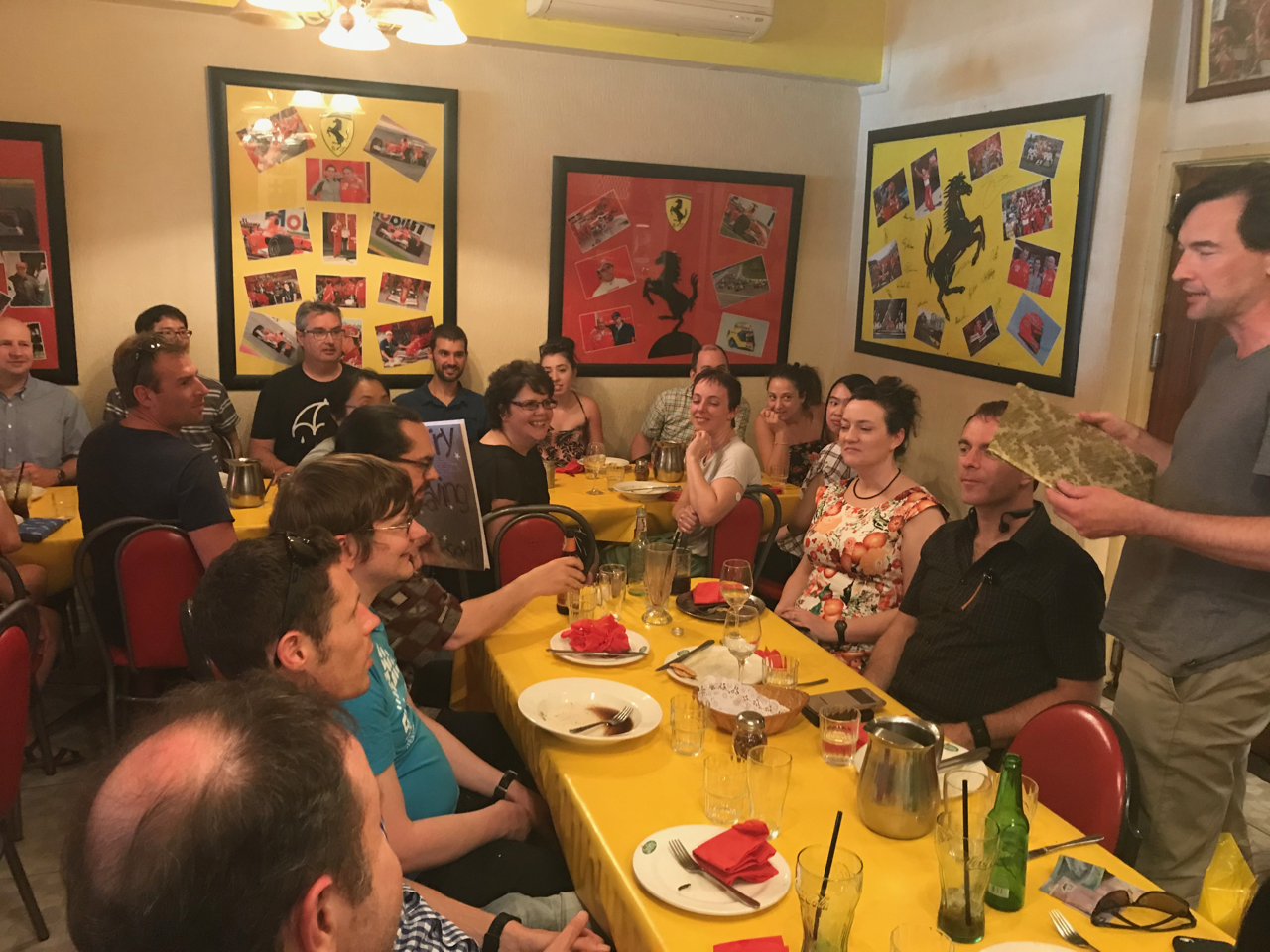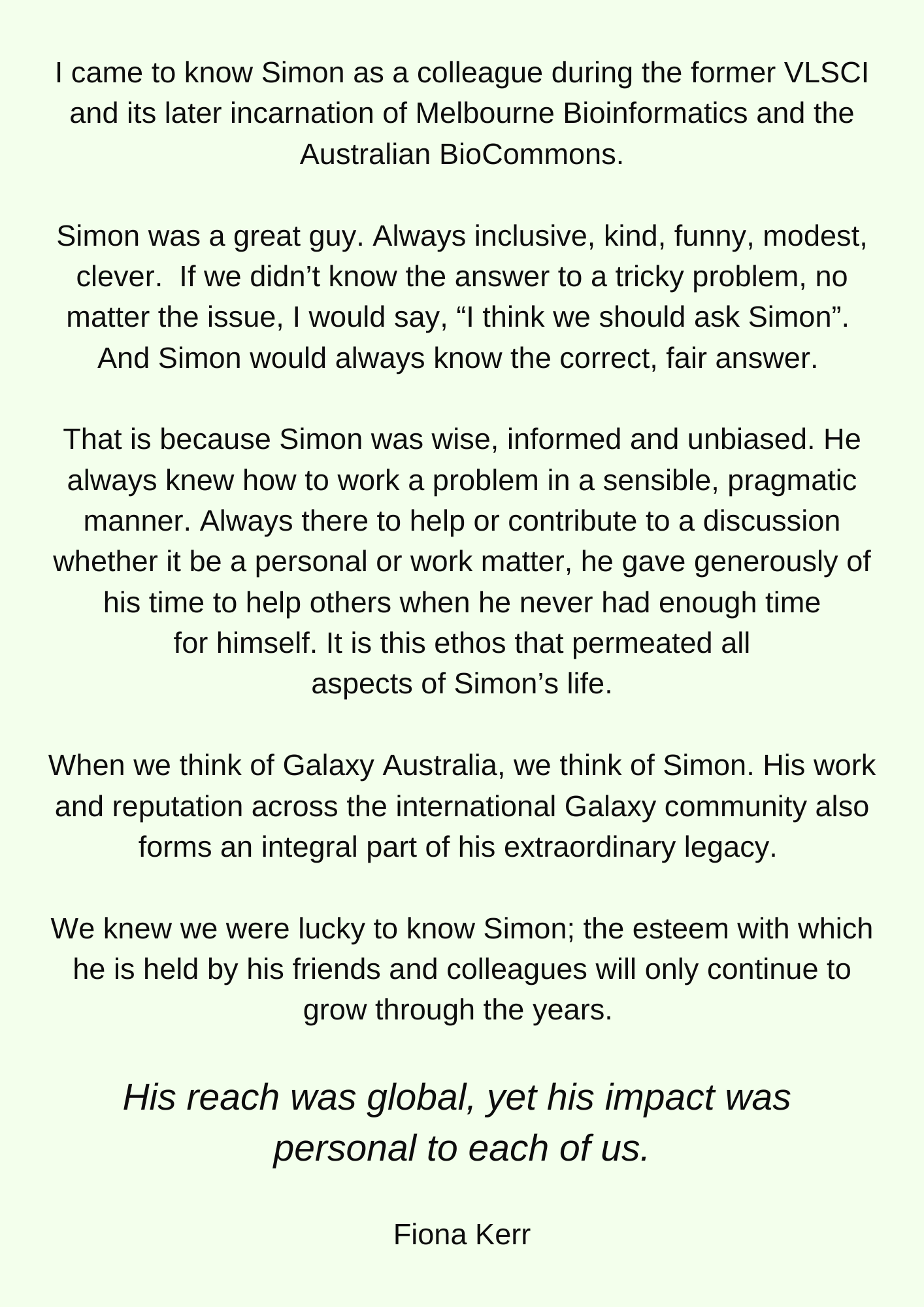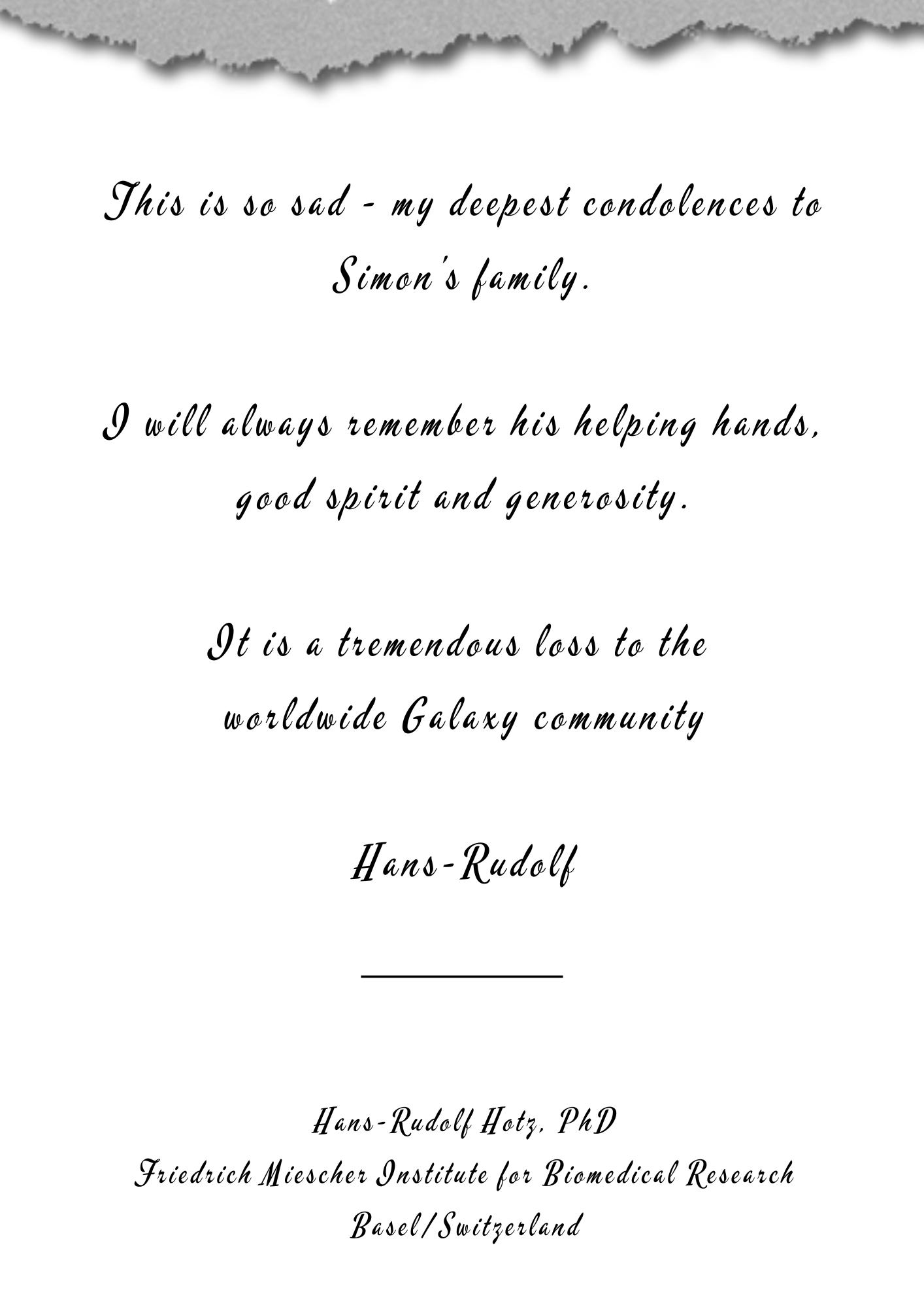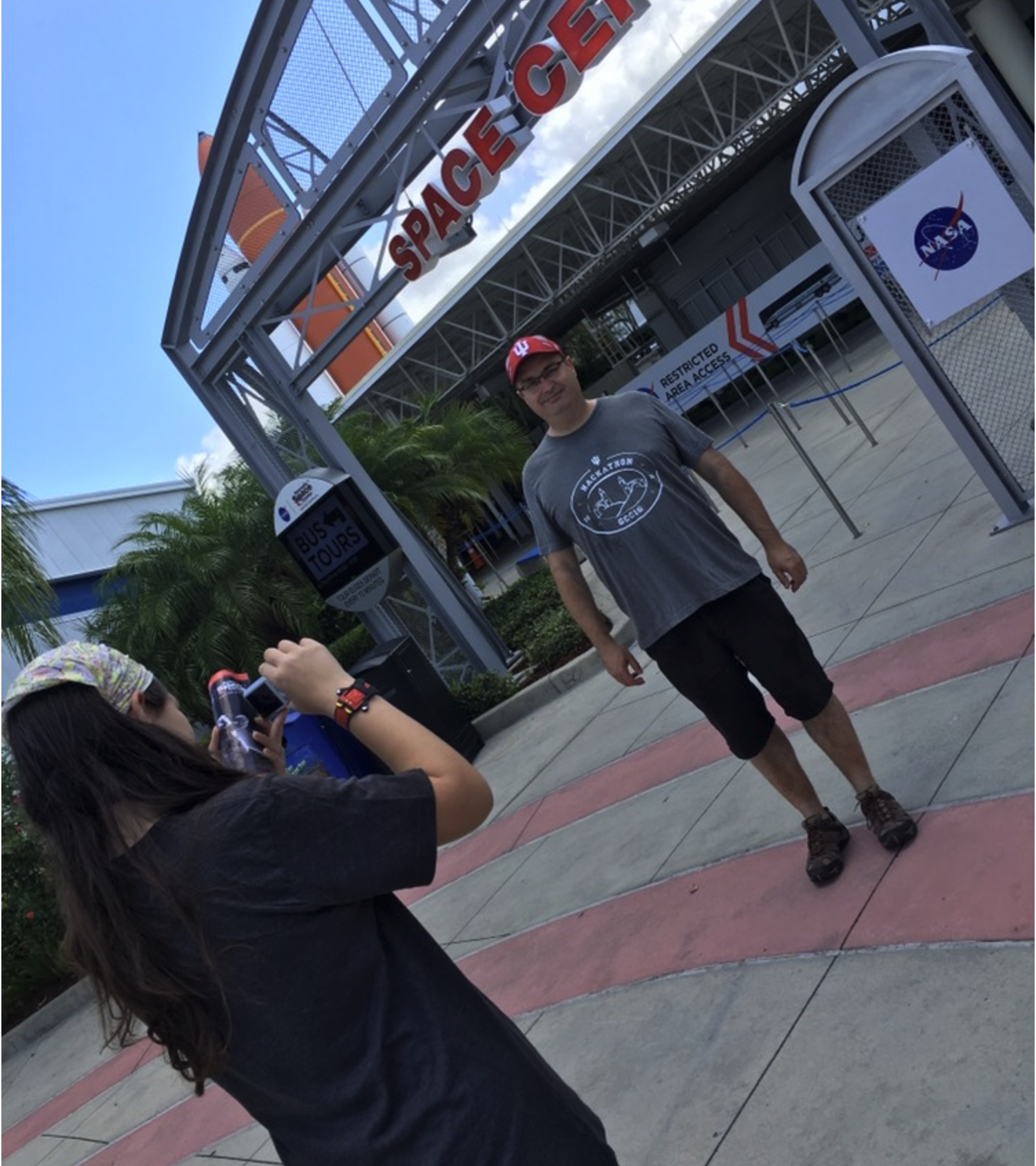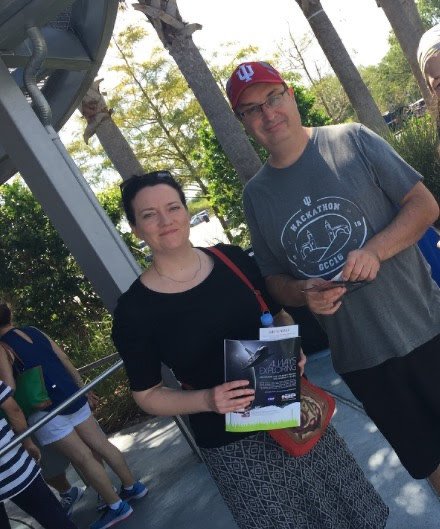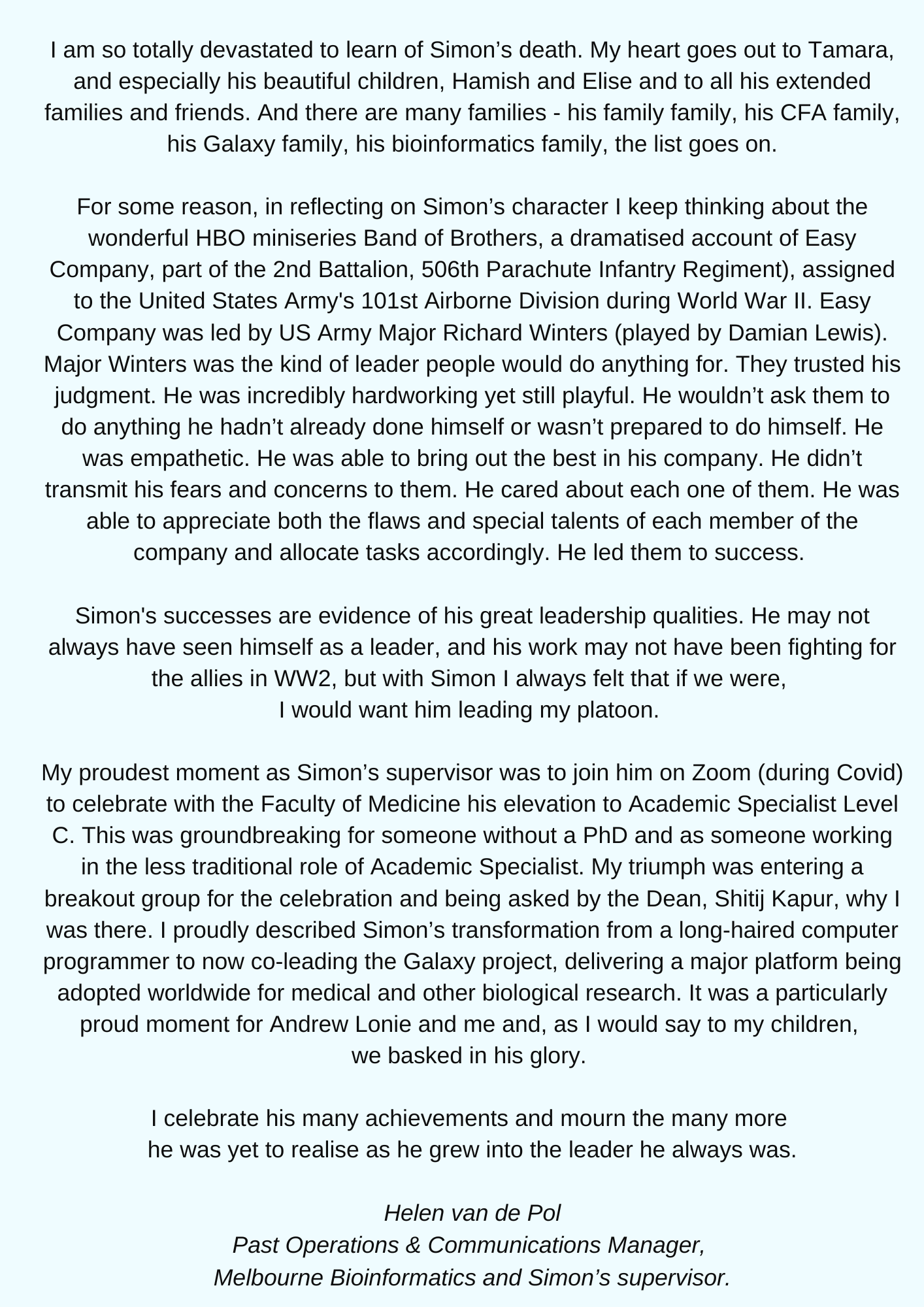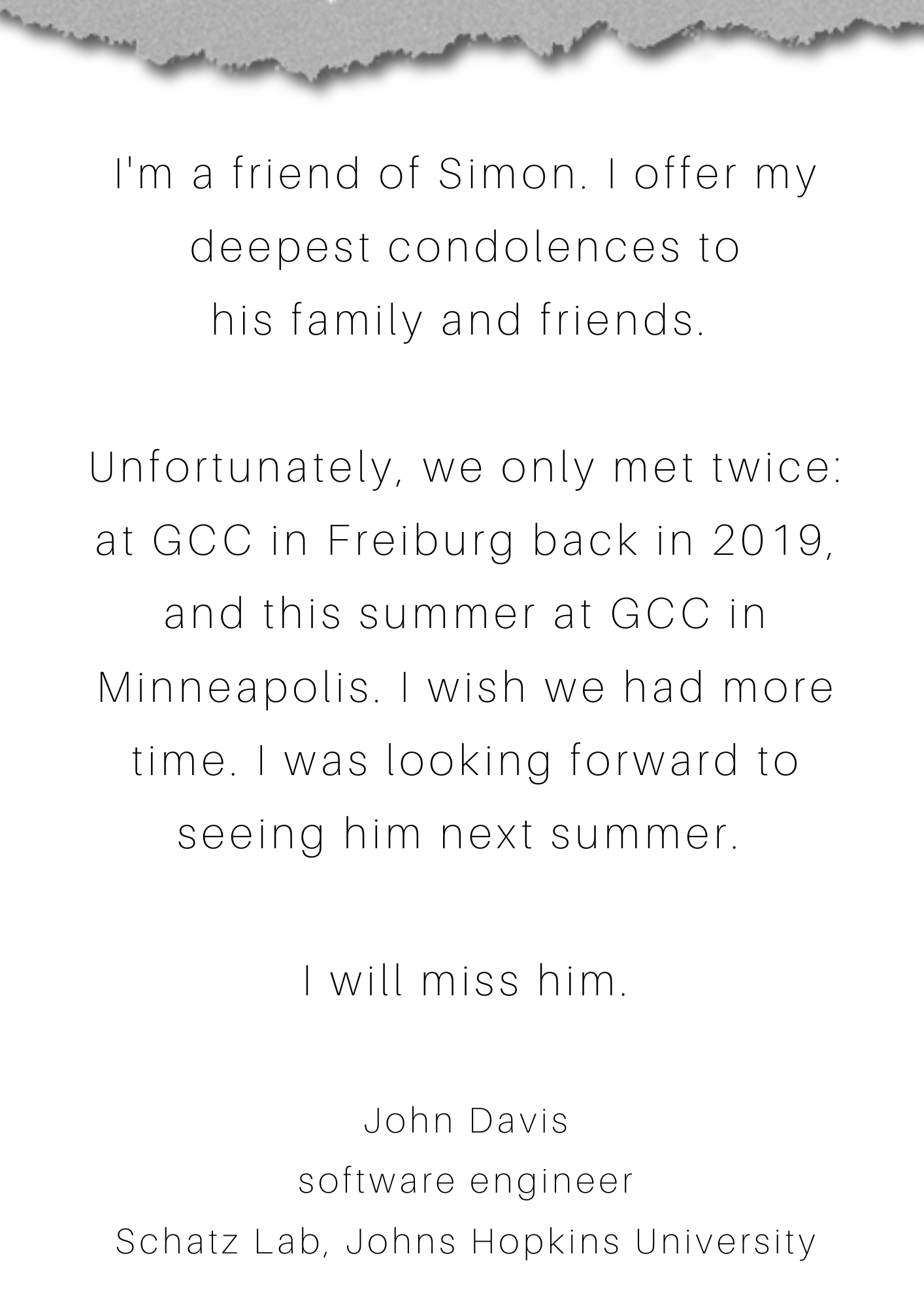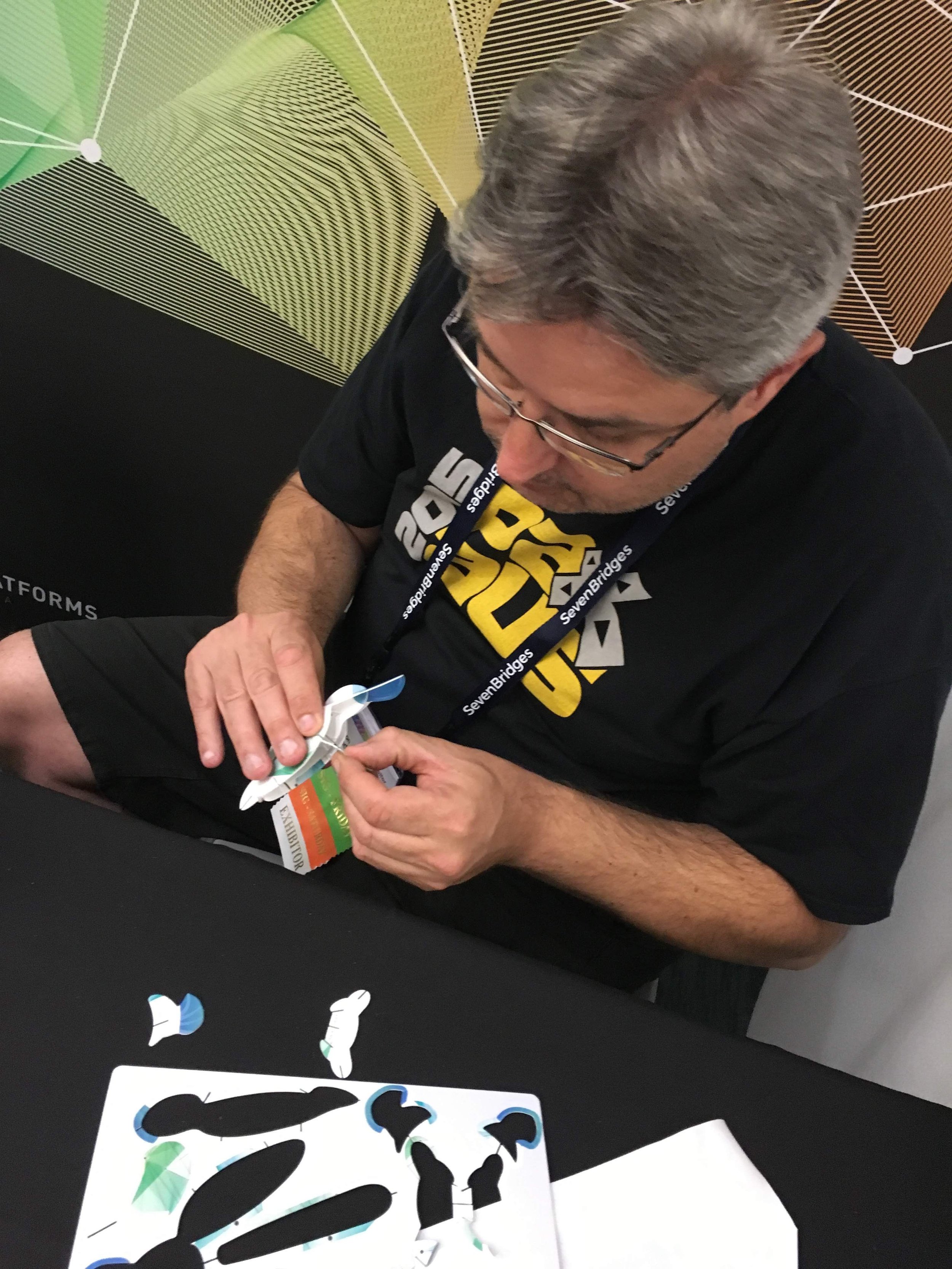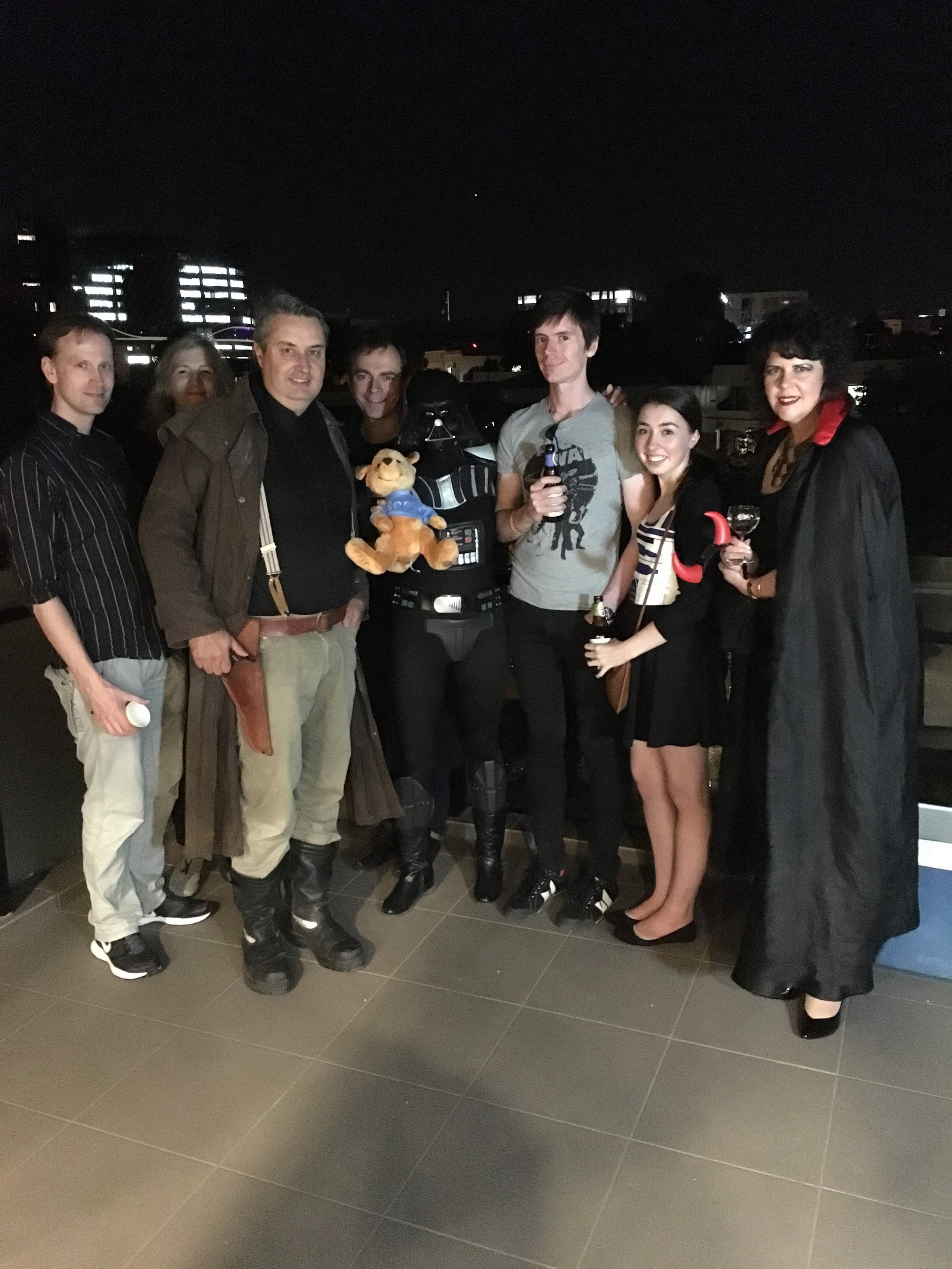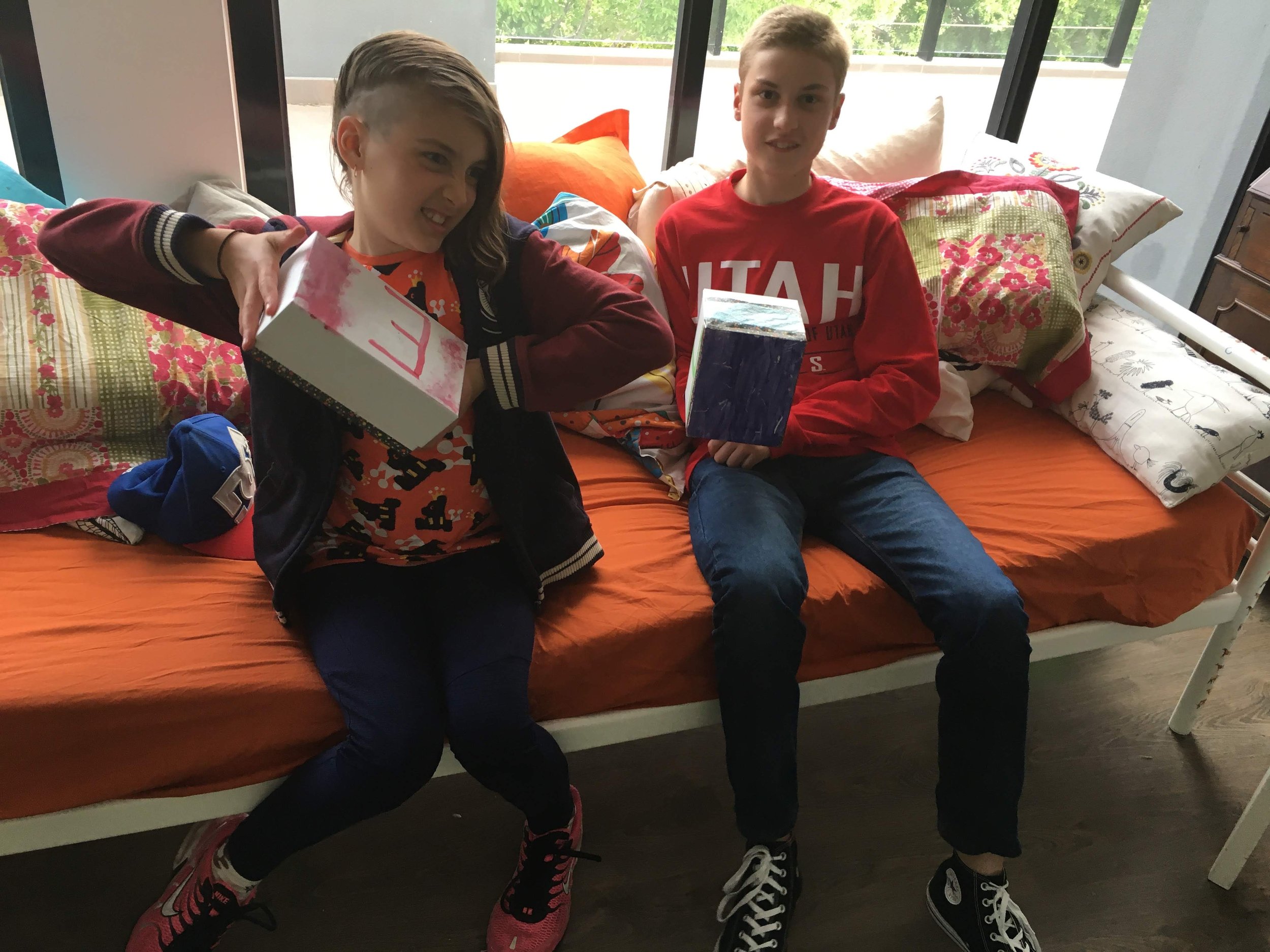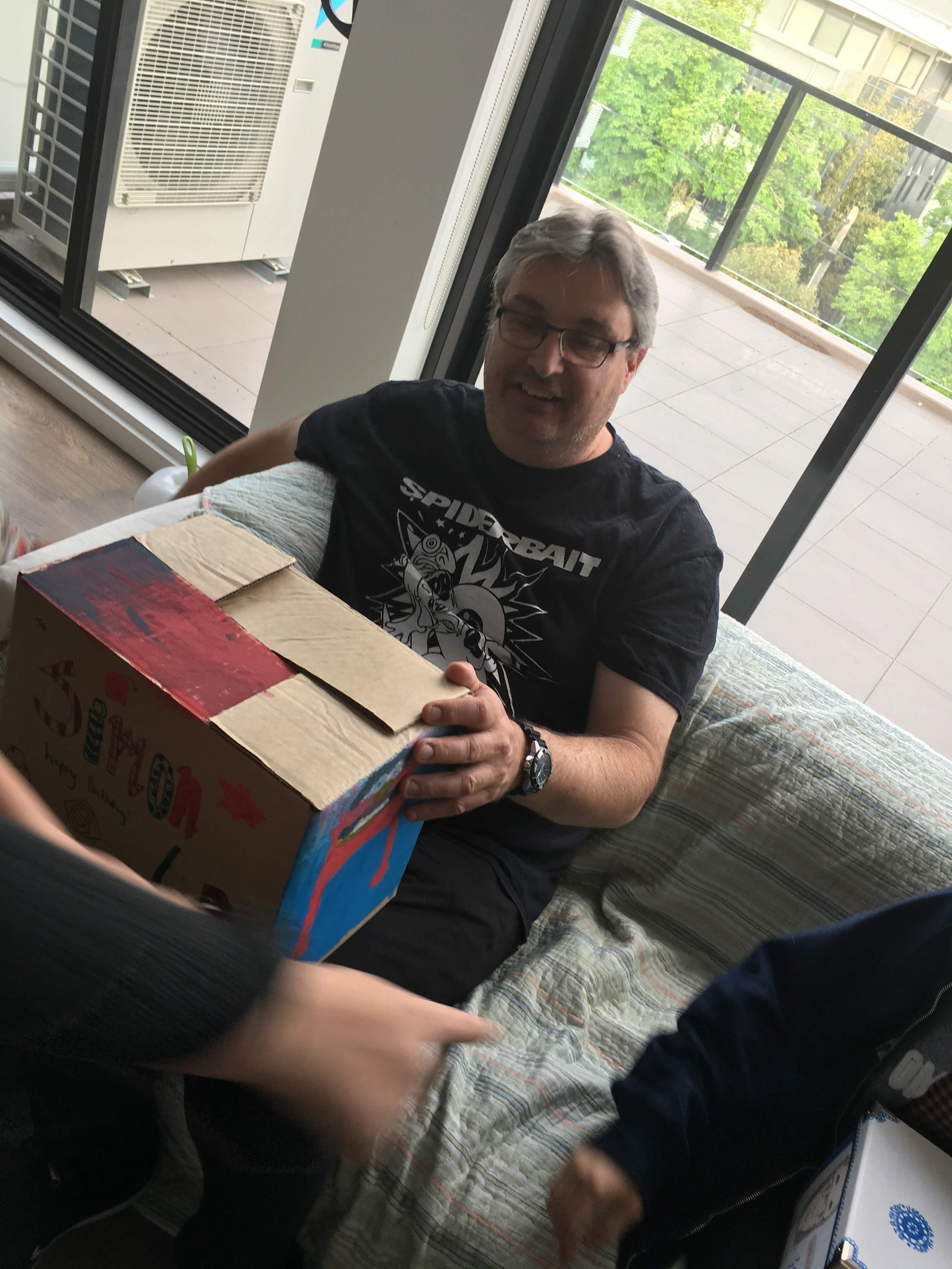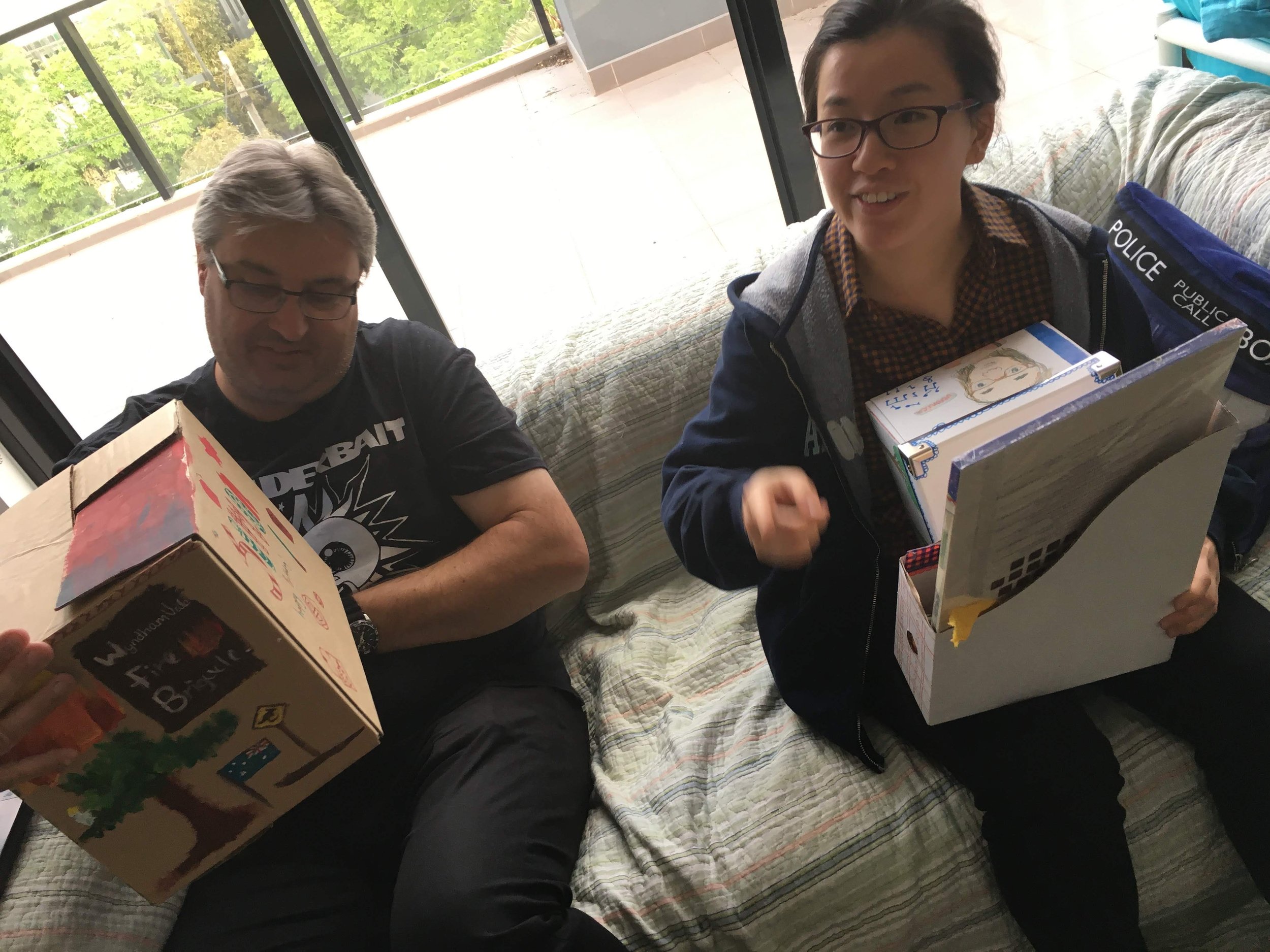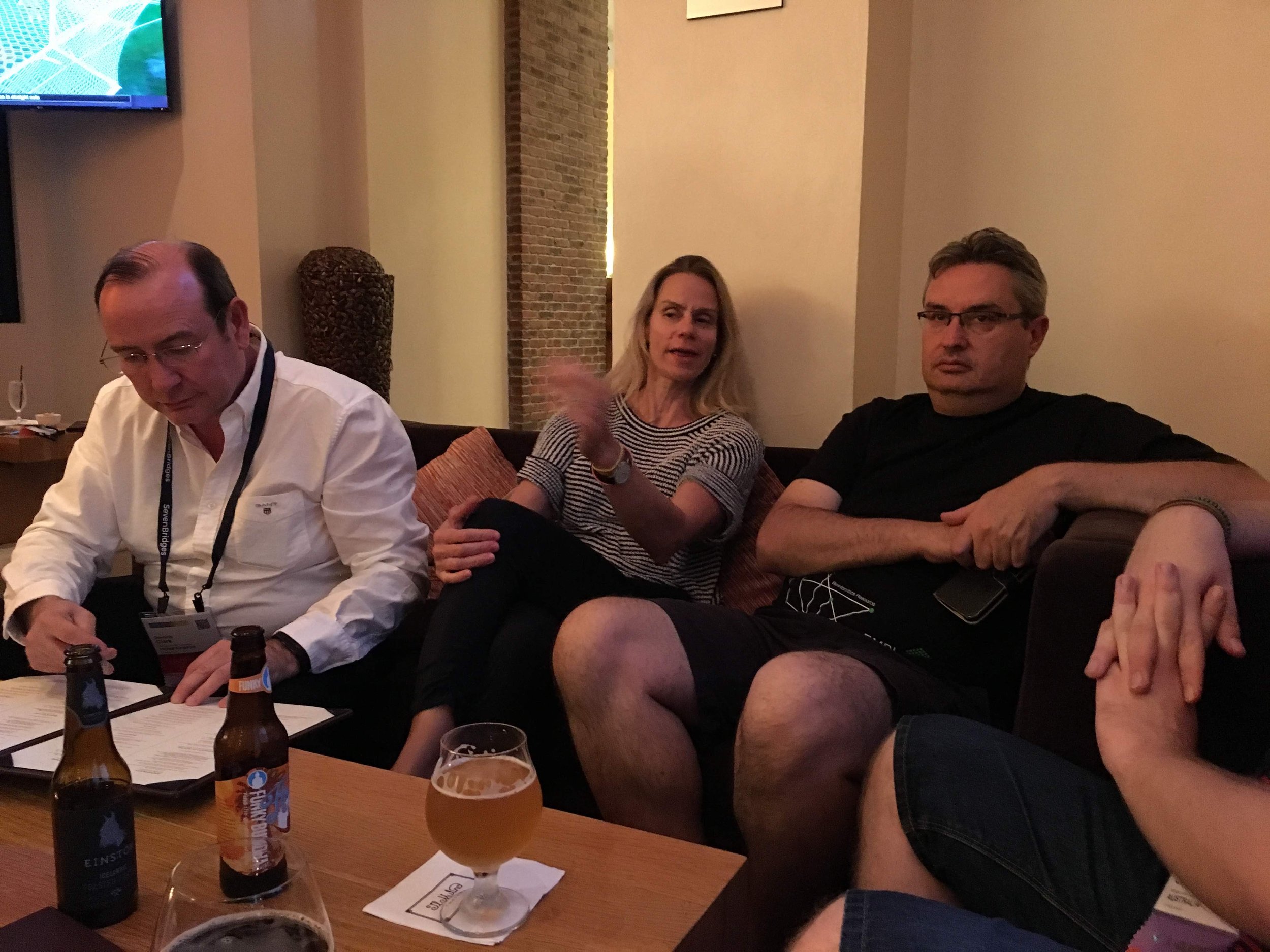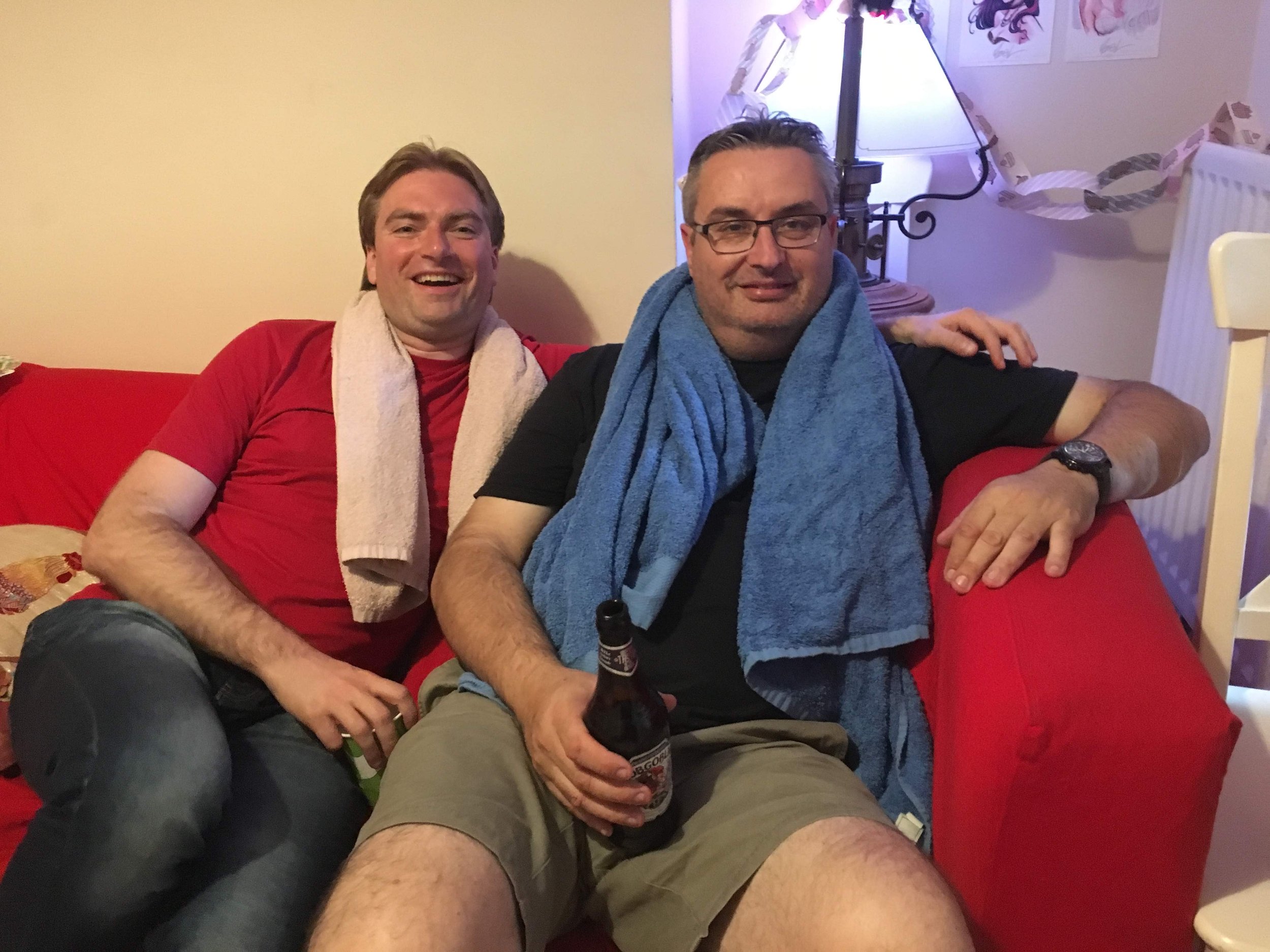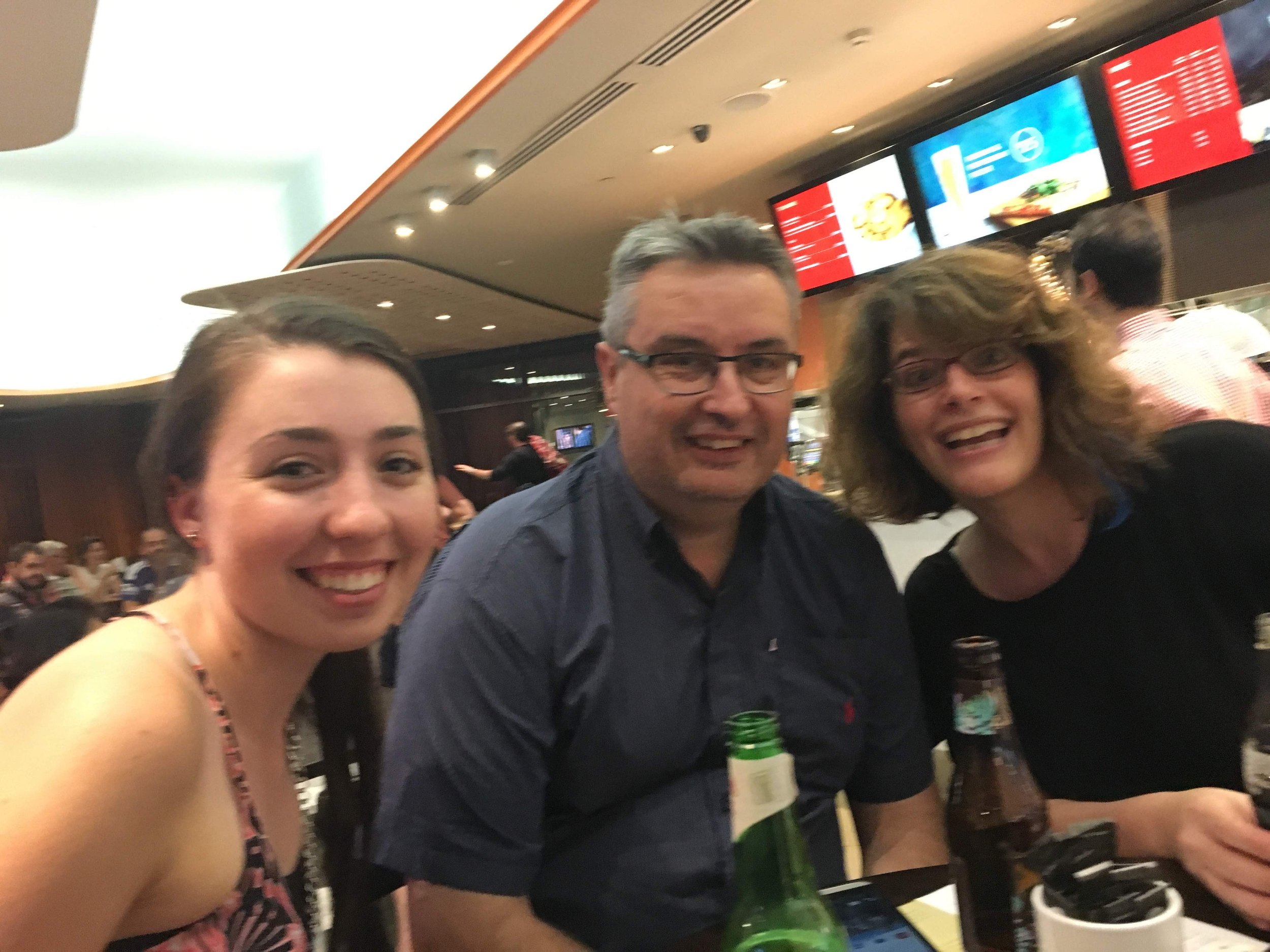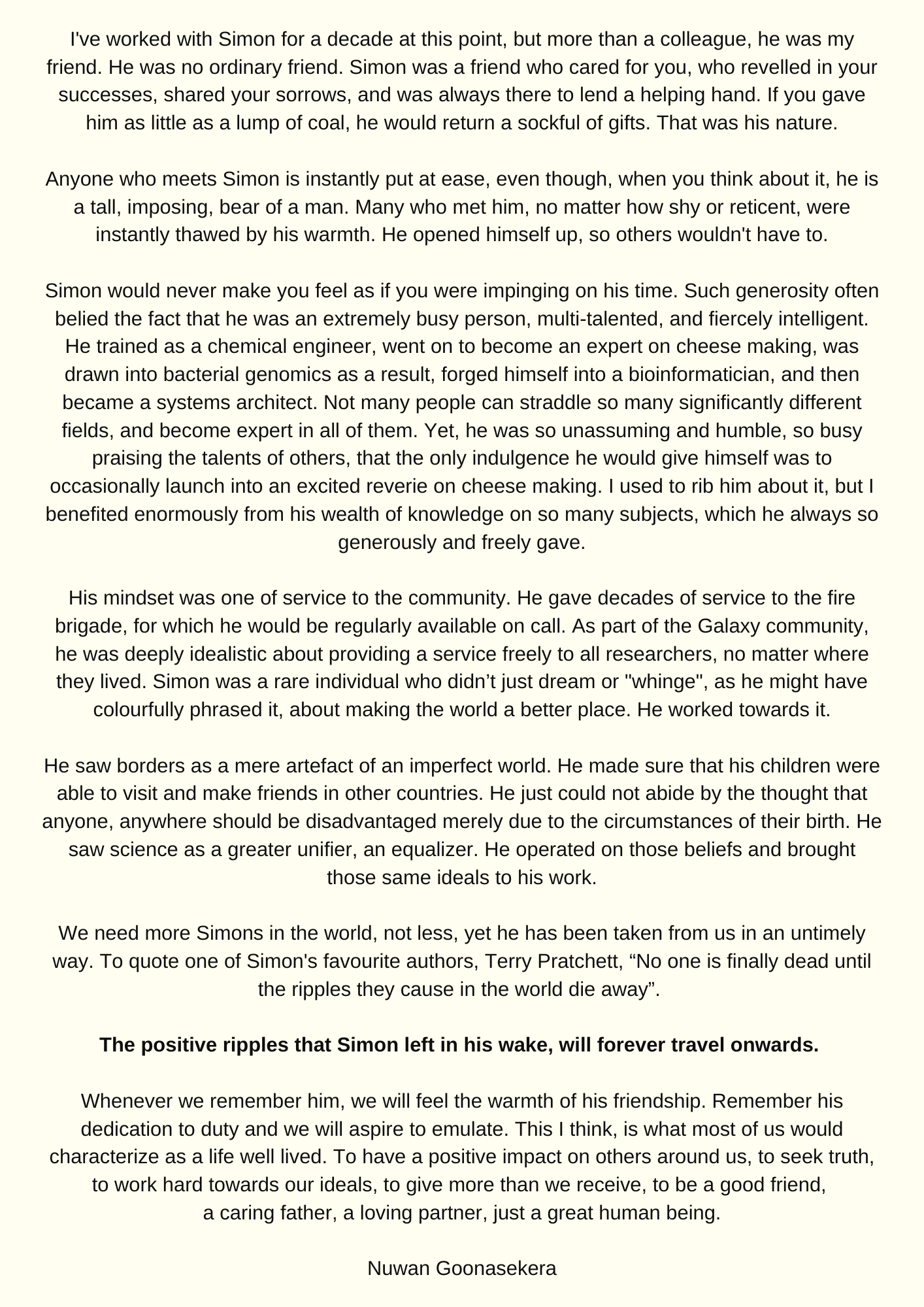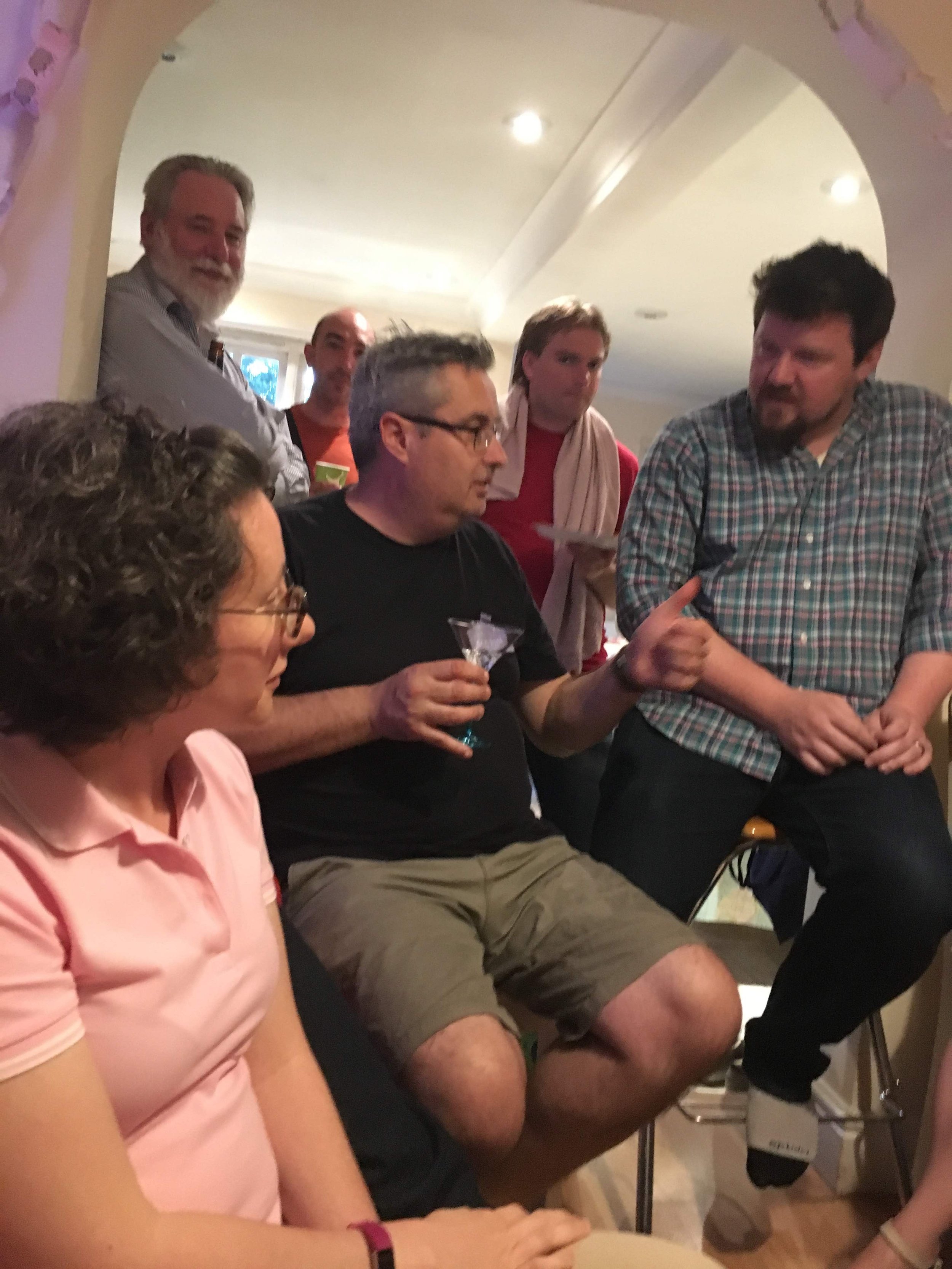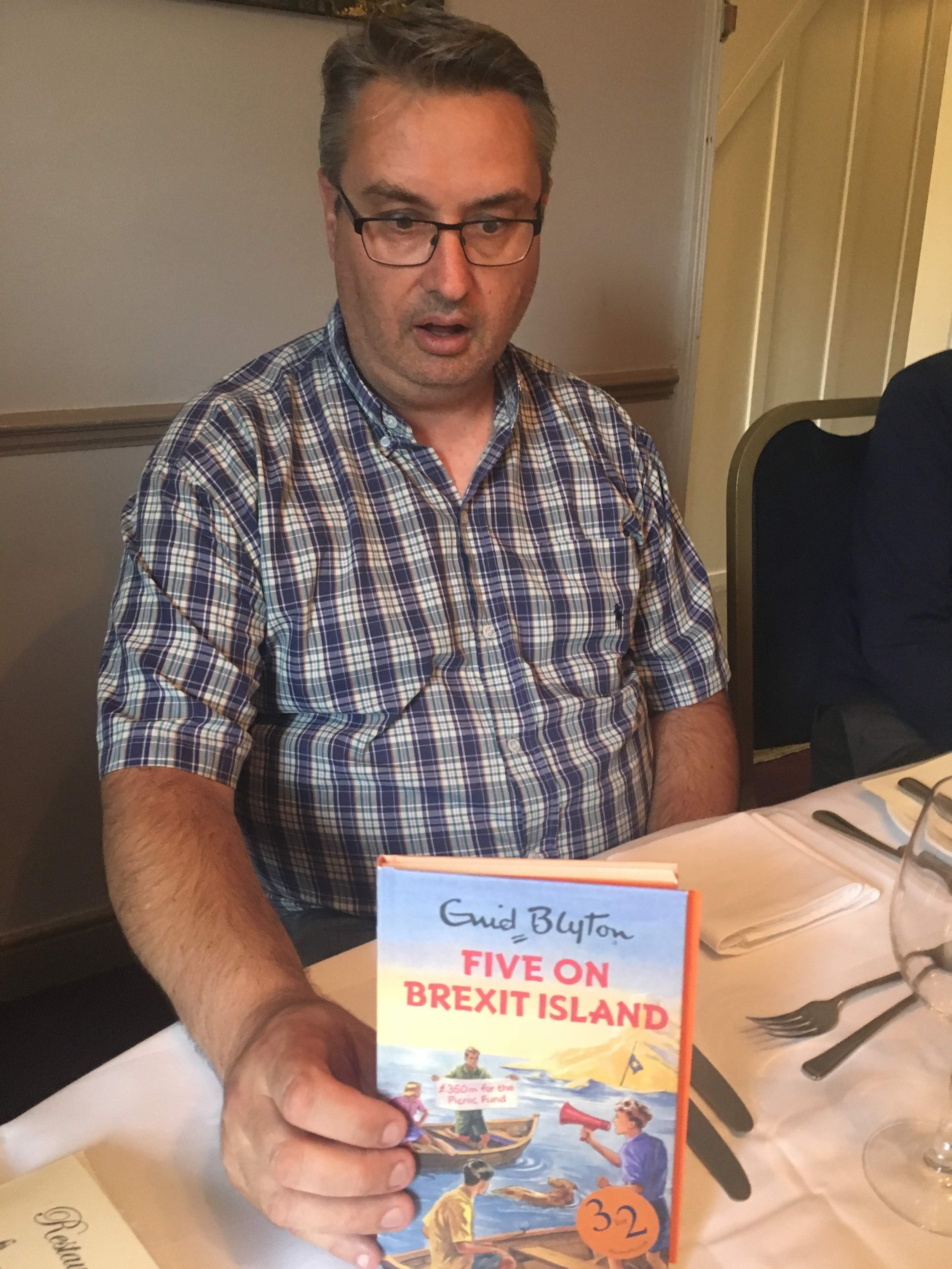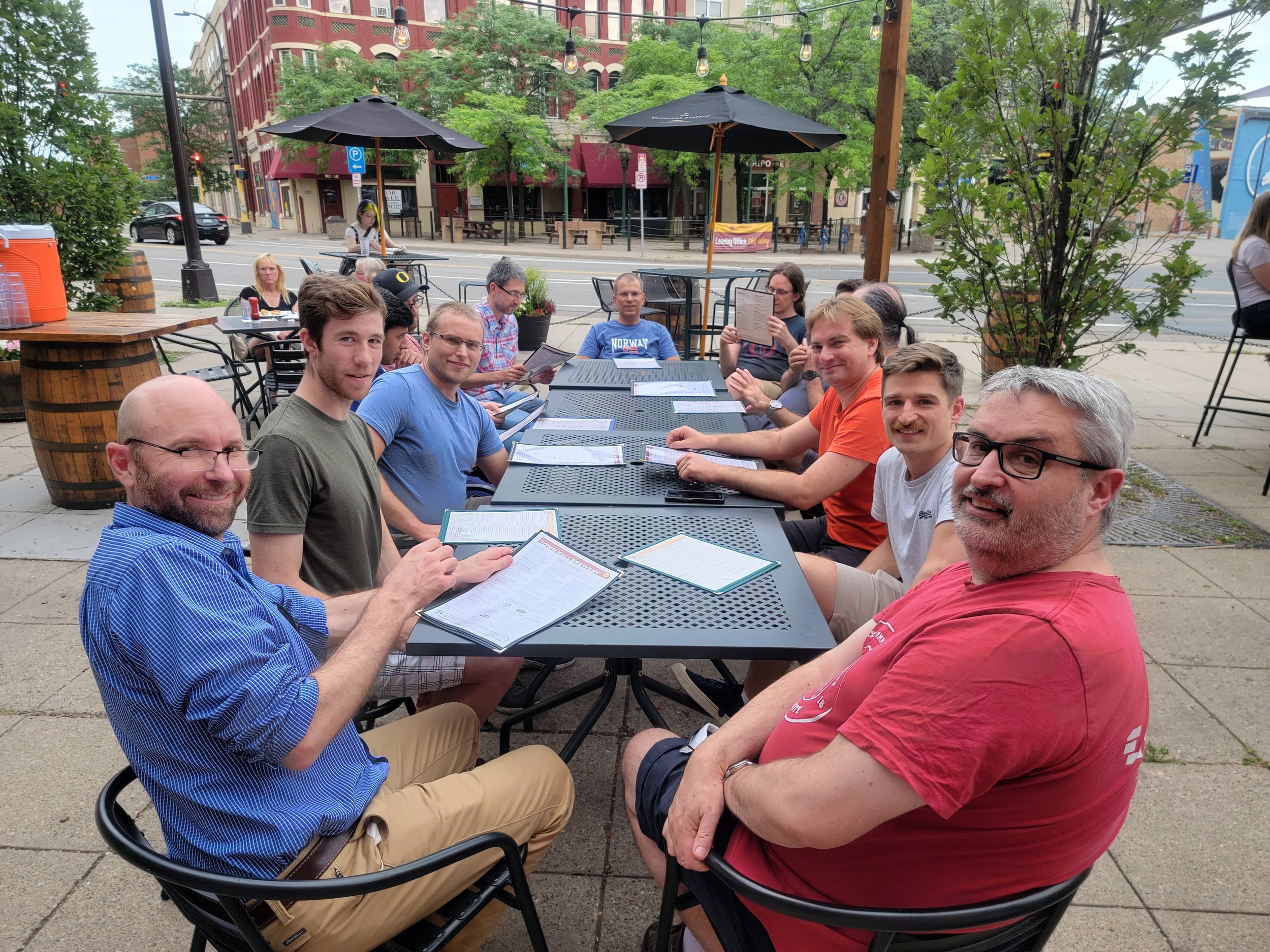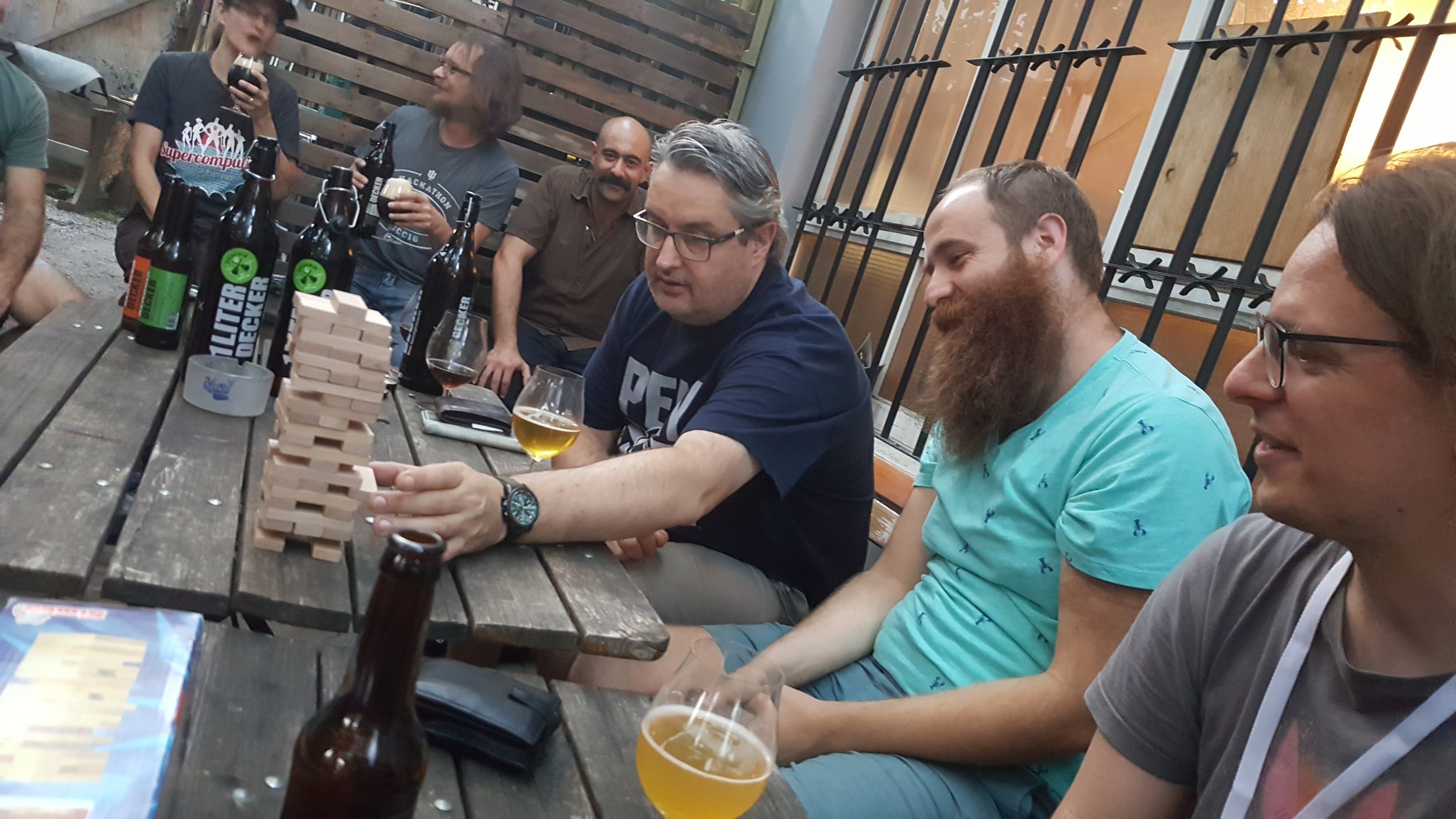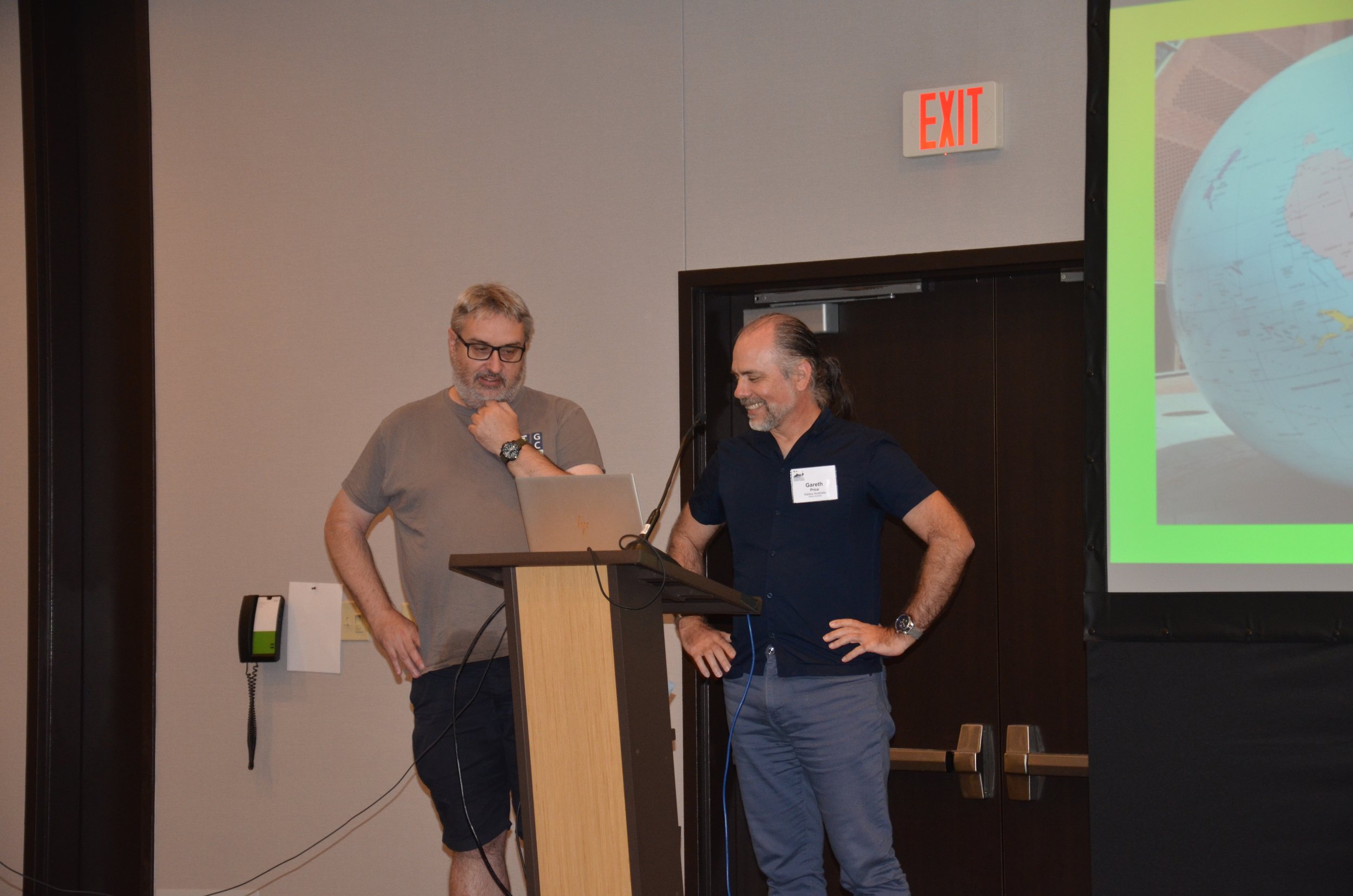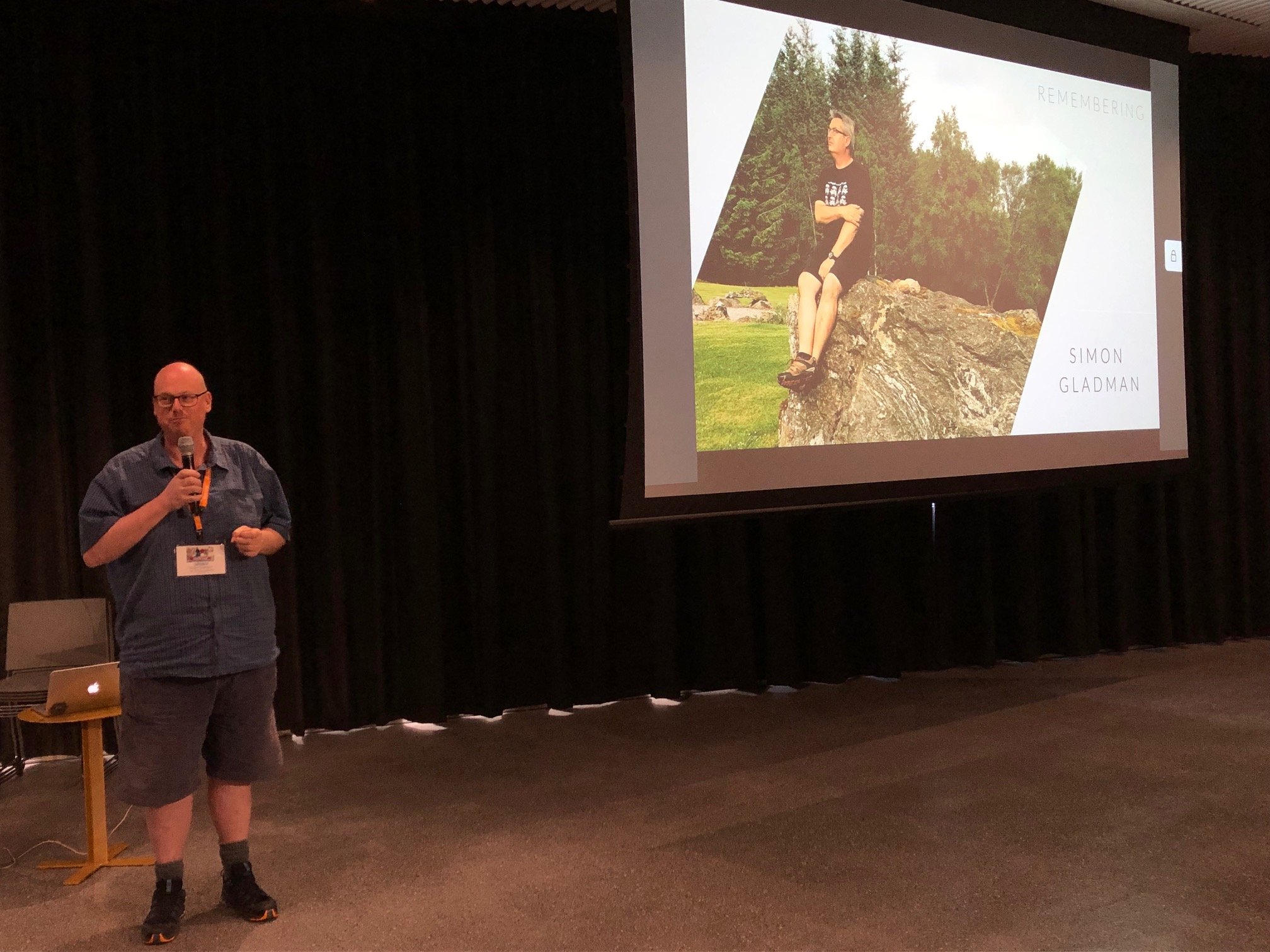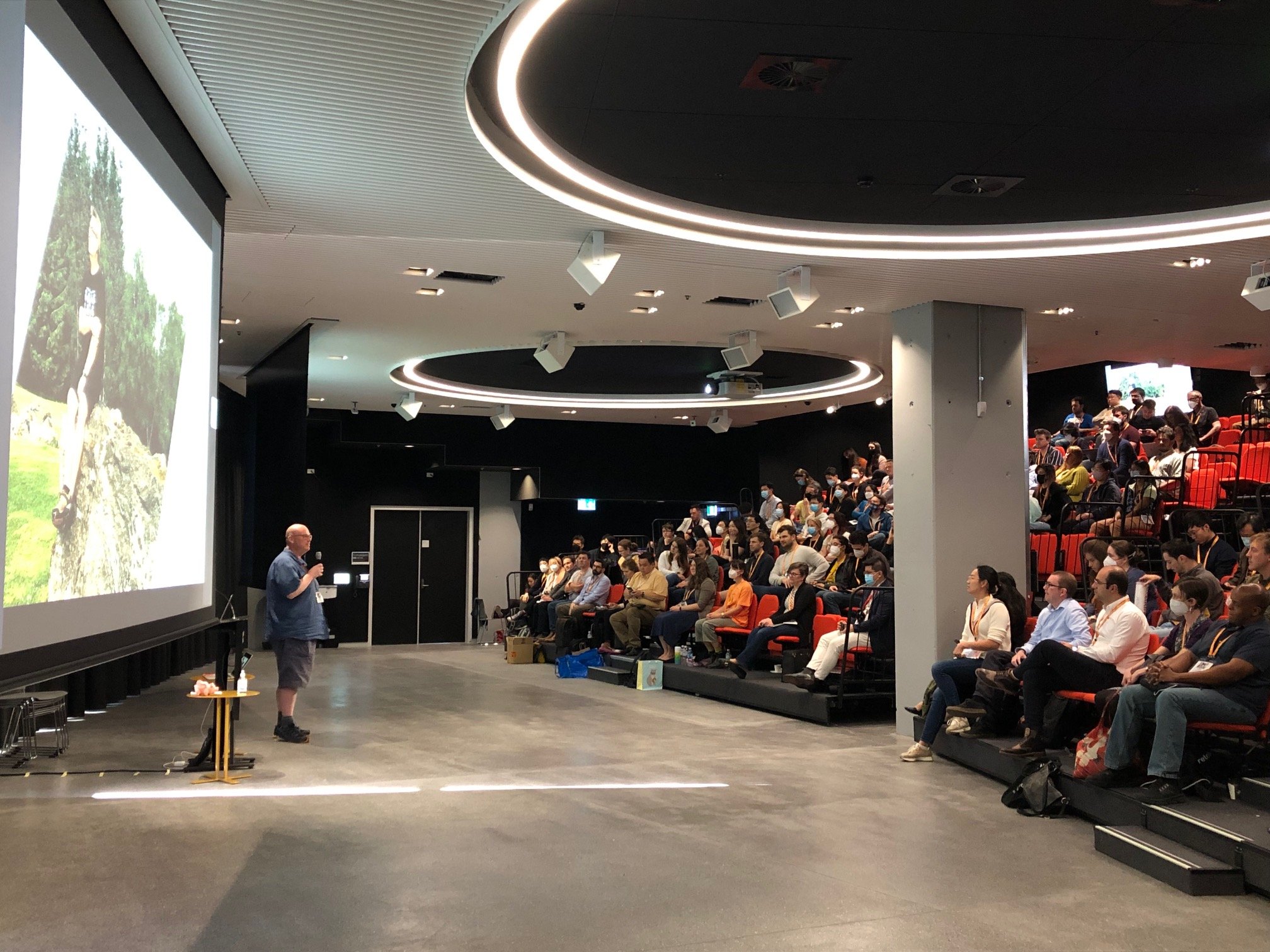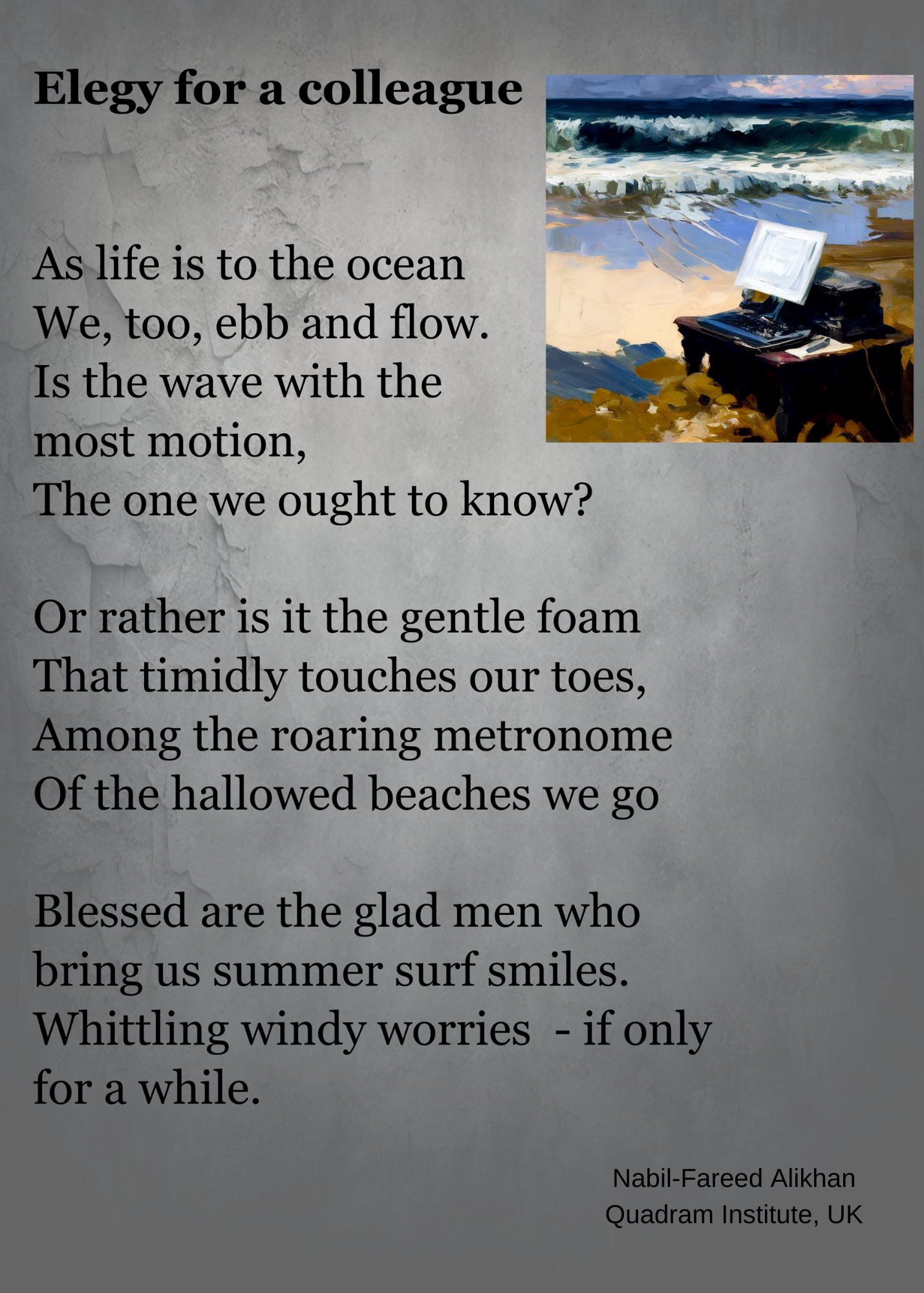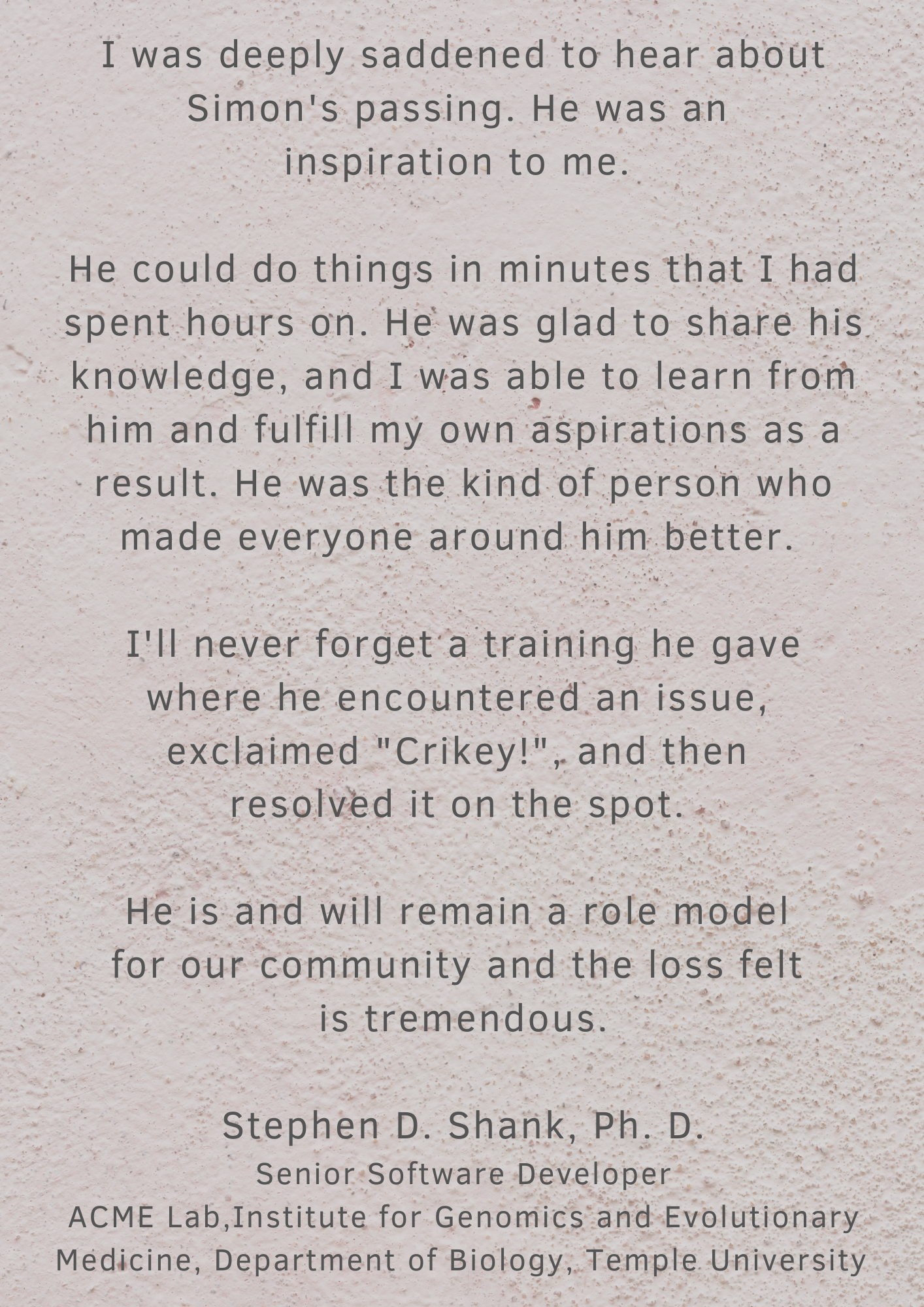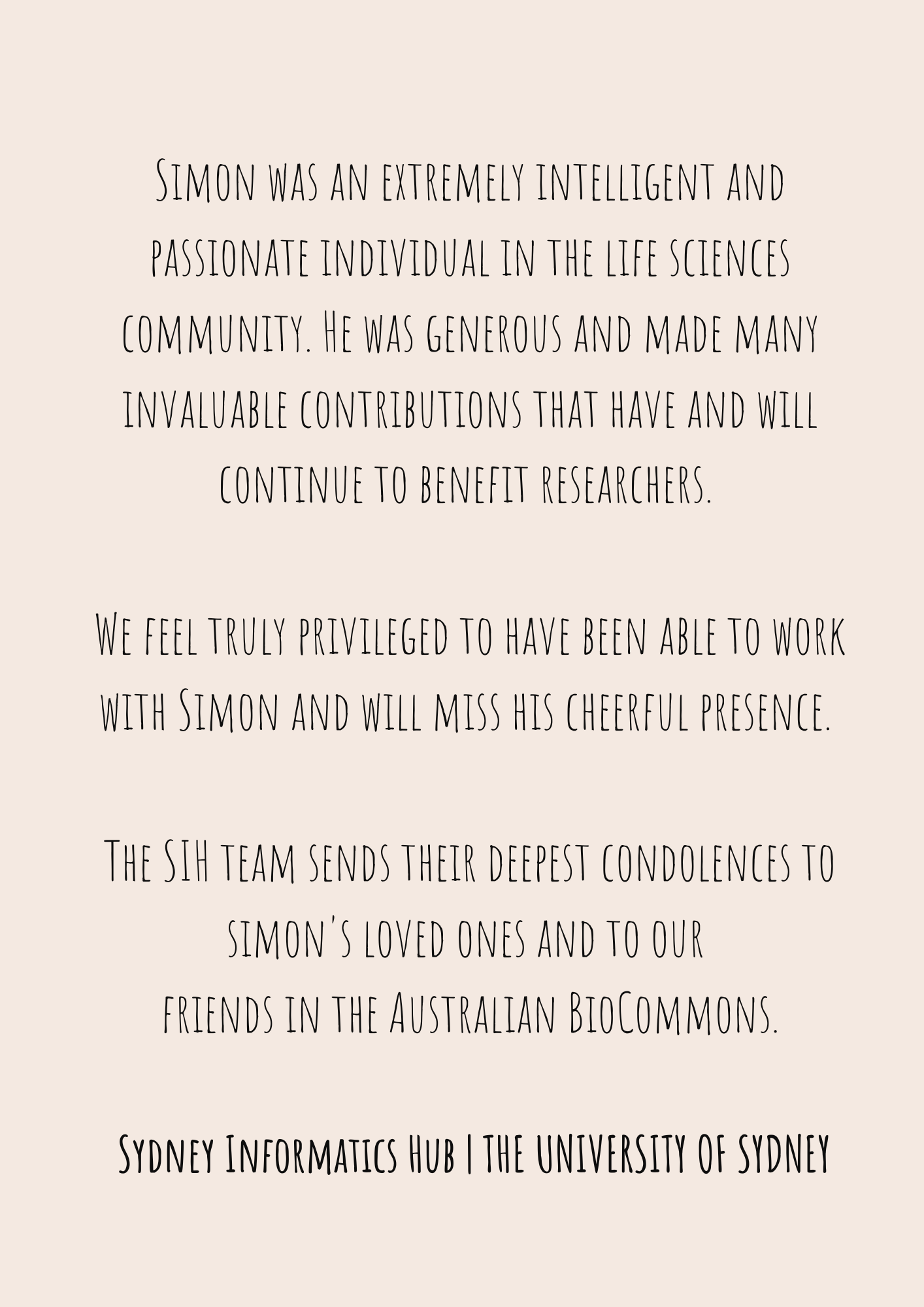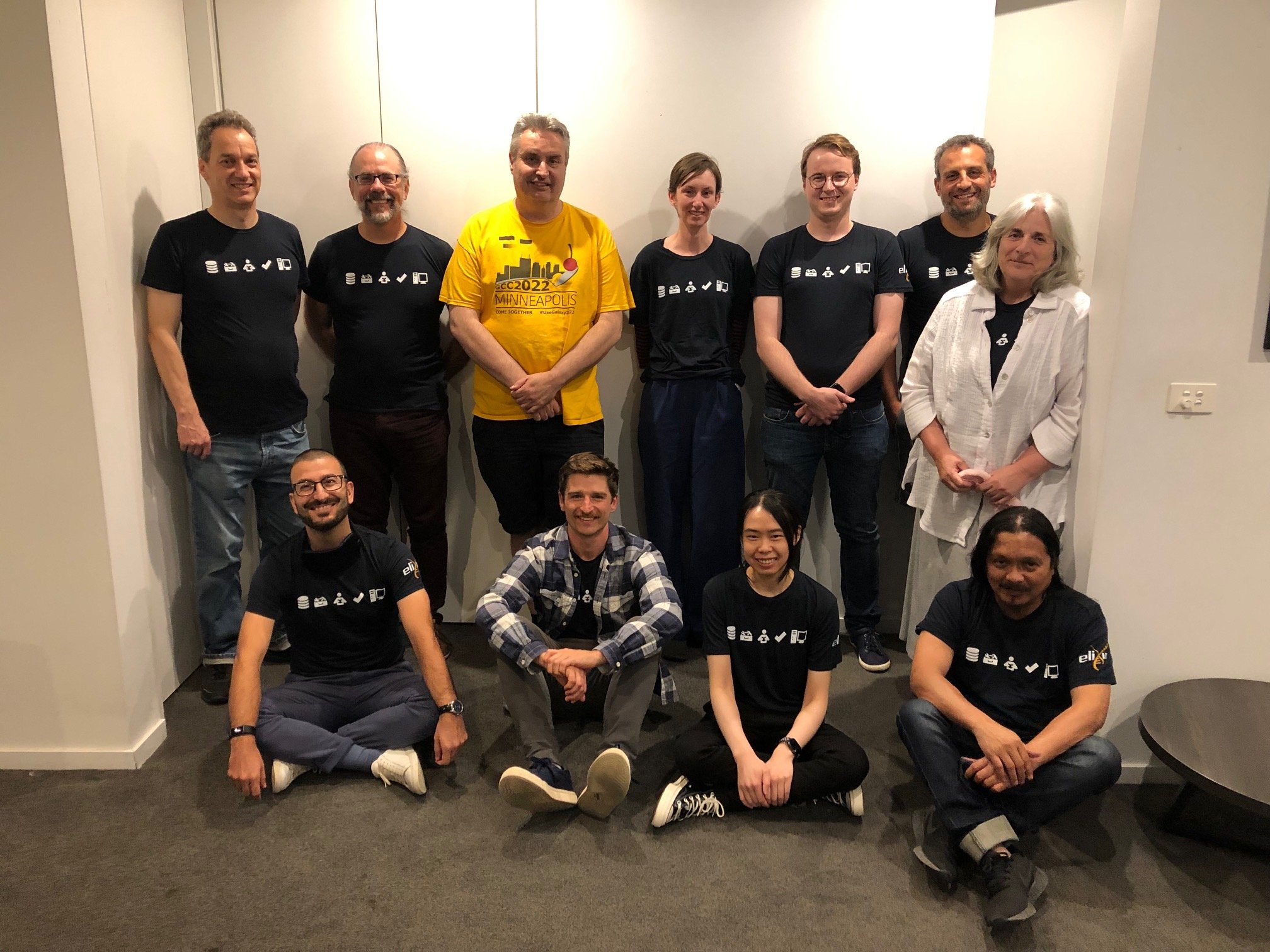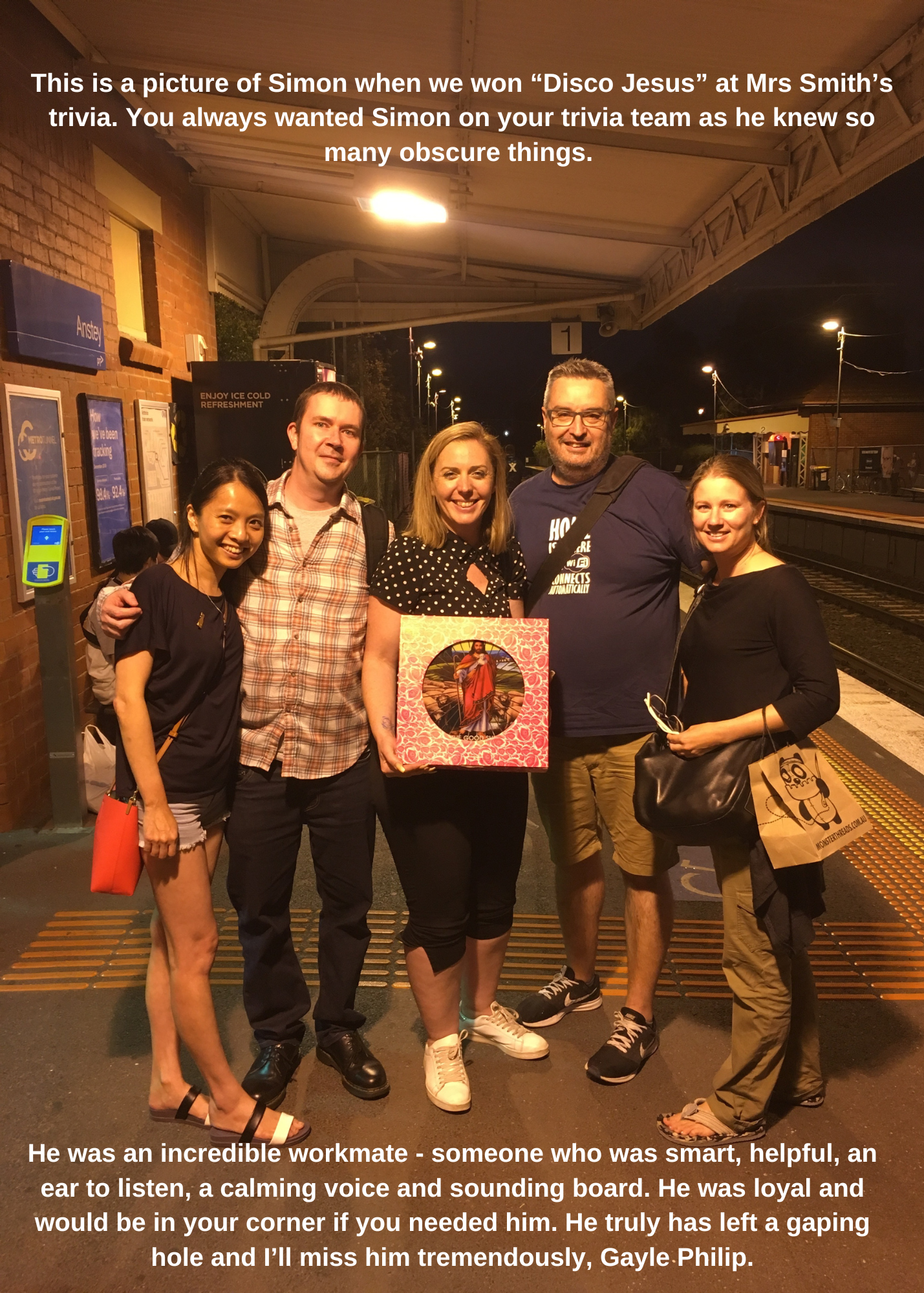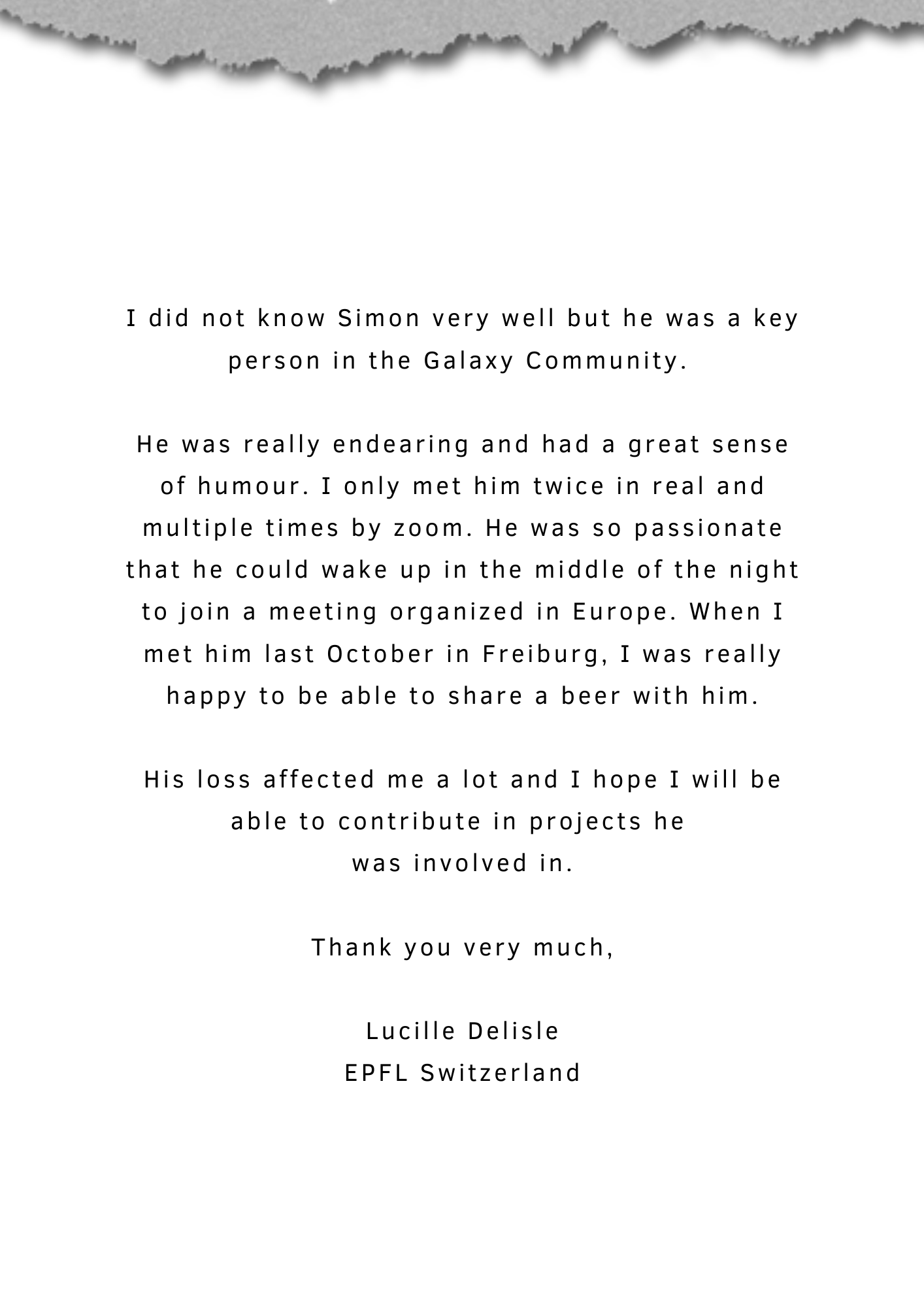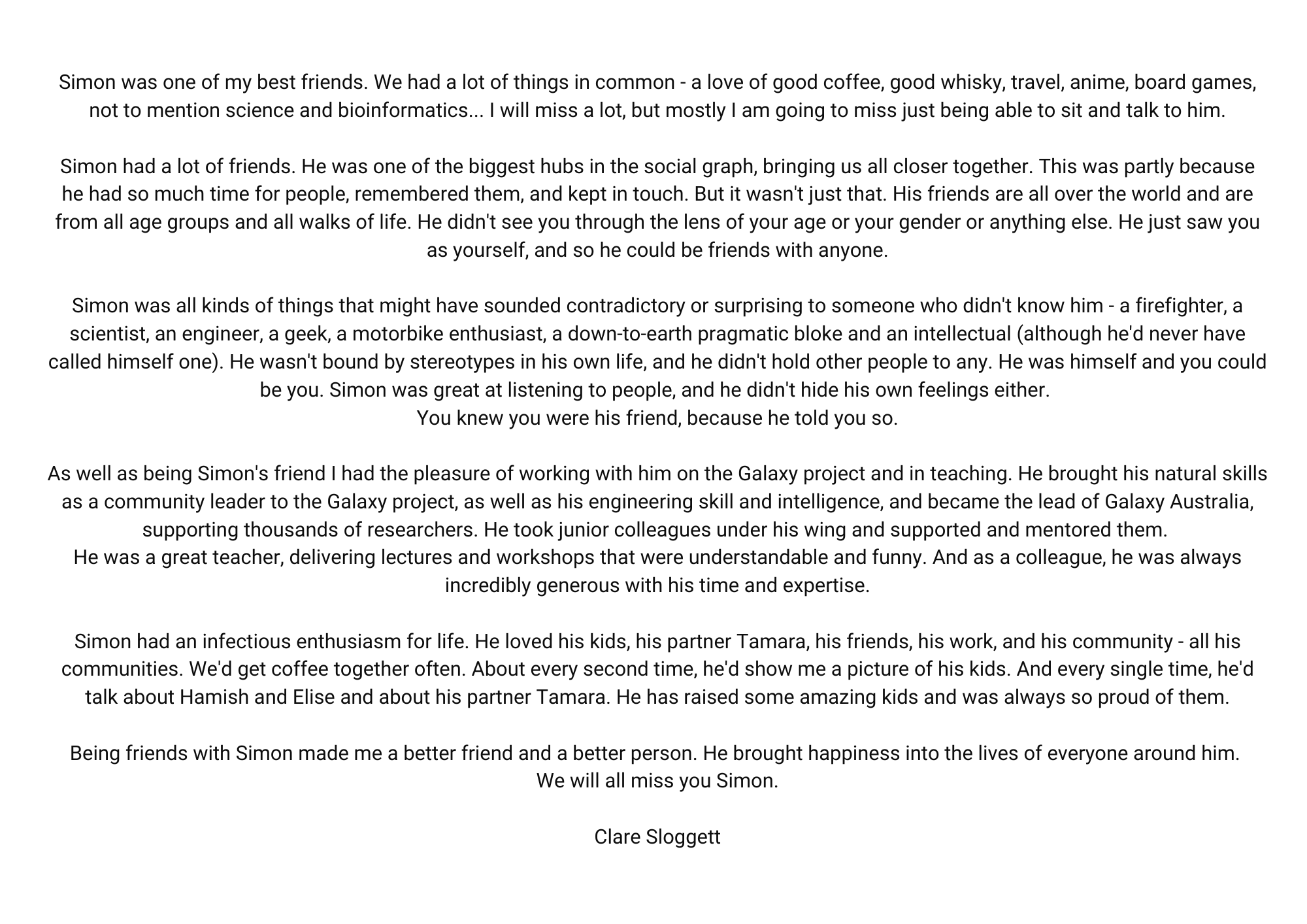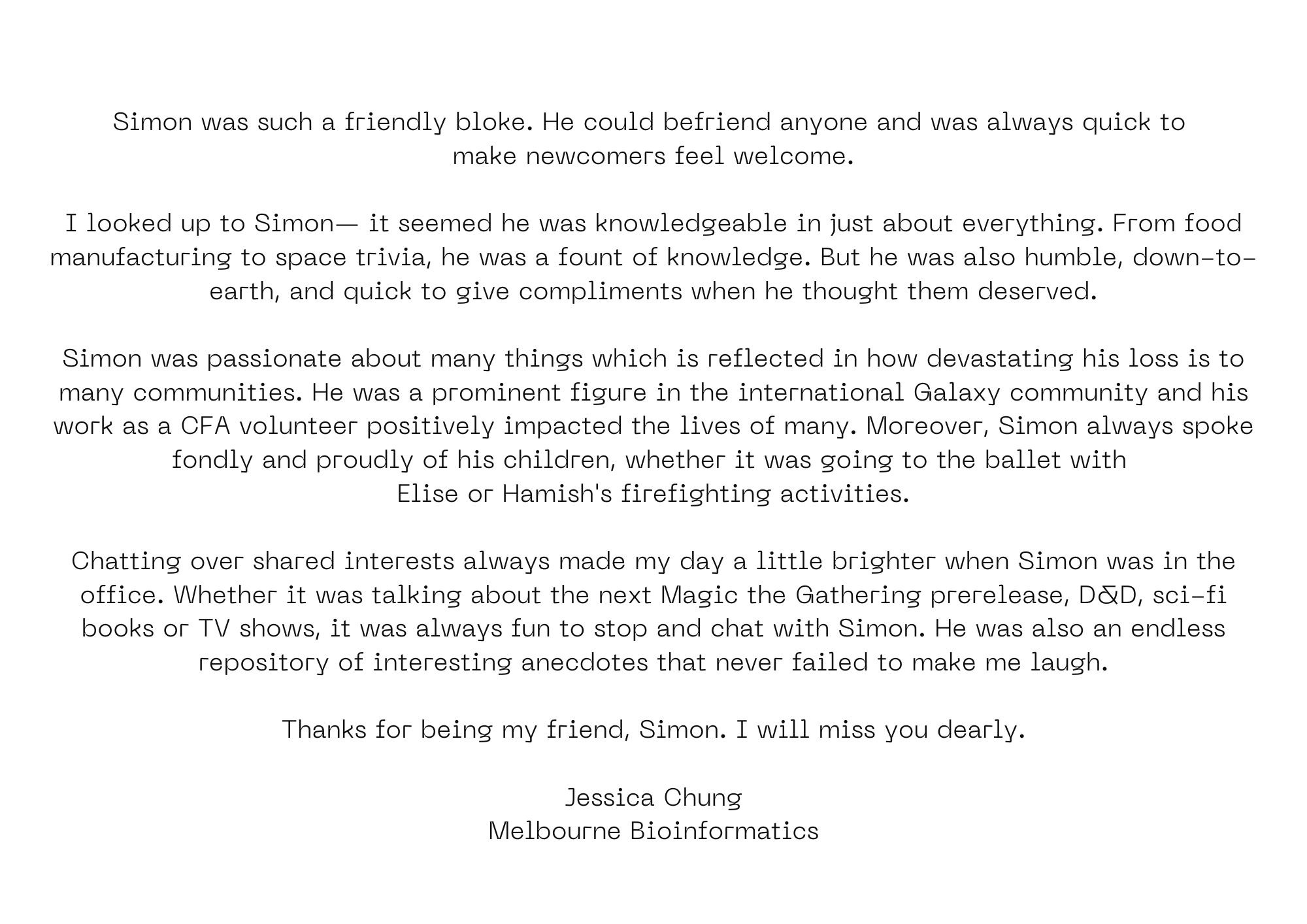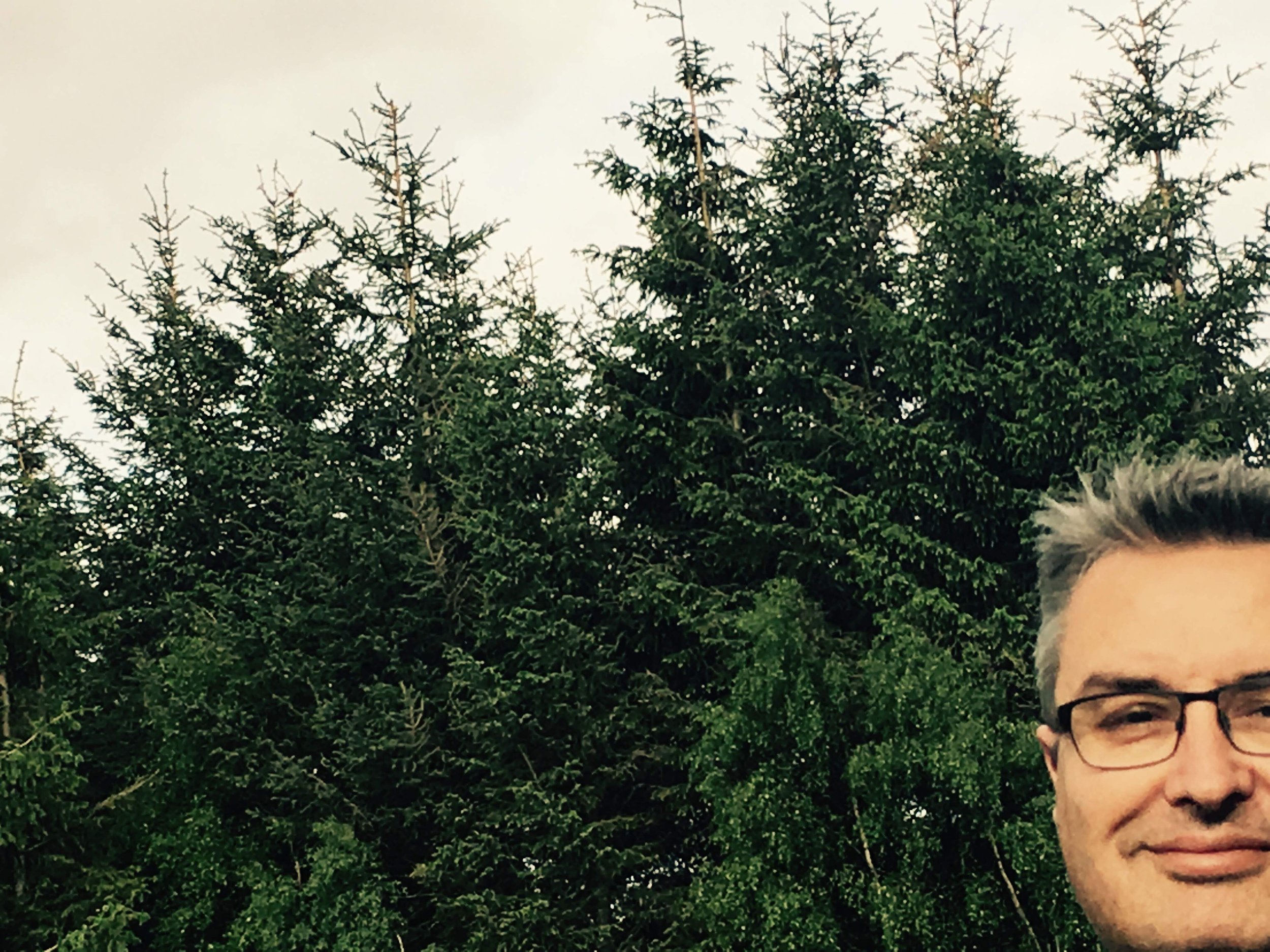News
Subscribe to the Australian BioCommons monthly newsletter or read previous editions
Learn new biological data analysis skills at this free online global training event
The Galaxy Training Network’s Smörgåsbord is a 5-day, 24/7 training event that is completely free, and covers a wide range of topics. This popular global training event includes foundations of data science, genomics, proteomics, machine learning, single-cell analysis, metagenomics, cancer analysis, SARS-CoV-2 analysis, ecology, climate science, RO-crates, and much much more!
The Galaxy Training Network is happy to announce the 3rd annual edition of the GTN Smörgåsbord global training event. This 5-day, 24/7 training event is completely free, and covers a wide range of topics, including foundations of data science, genomics, proteomics, machine learning, single-cell analysis, metagenomics, cancer analysis, SARS-CoV-2 analysis, ecology, climate science, RO-crates, and much much more!
During the week, YOU decide your own schedule, pick and choose the topics that are interesting to you, and learn at your own pace, with support from the global community of over 100 Galaxy instructors available on Slack 24/7 to answer your questions - including the team from Galaxy Australia who will be available to answer your questions whenever they come up.
When: May 22-26, 2023
Where: Online
Format: Asynchronous, choose-your-own-adventure, video tutorials with online support
Price: Free
Program & Registration: https://gxy.io/smorgasbord3
Registration is now open (the program is still being updated, so check back regularly for the latest additions to the program).
The Galaxy Training Network
P.S. Feel free to join our Slack (invite: https://gxy.io/smorgasbord-slack) already, we will post the latest updates here, and of course we are happy to answer any questions you may have about the course.
Creating healthy research data ecosystems in the cloud
The next Gen3 Community online event will provide guidance in standing up, configuring, and maintaining your own data commons in multiple clouds. BioCommons is co-hosting the online session on “How to Set Up a Gen3 Data Commons Using Helm Charts” on 2 Mar 2023 (Australian time).
The rise in global usage of Gen3 to manage, analyse and share research data called for the creation of an international community to share knowledge. BioCommons partnered with the Center for Translational Data Science, University of Chicago, USA late last year to co-host the inaugural Gen3 Community Forum, and the first event of 2023 will take place online 2 Mar 2023 (or 1 March for our US colleagues!).
How to Set Up a Gen3 Data Commons Using Helm Charts will provide guidance in standing up, configuring, and maintaining your own Gen3 Data Commons in multiple clouds by using Helm Charts. The tool streamlines the installation and management of Kubernetes applications, which is a system for automating deployment, scaling, and management of containerized applications.
The Gen3 platform consists of open-source software services that support the emergence of healthy data ecosystems by enabling the interoperation and creation of cloud-based data resources, including data commons and analysis workspaces. Gen3 aims to accelerate and democratise the process of scientific discovery by making it easy to manage, analyse, harmonise, and share large and complex datasets in the cloud.
Gen3 is now a key component over 15 data commons by organisations including several NIH Institutes and Centers in the USA. Working with the Gen3 team BioCommons is supporting the creation of several data commons for Australian research consortia.
Register and learn more about the Gen3 Community
See related BioCommons stories:
Supporting Australian cardiovascular research
Webinar: Establishing Gen3 to enable better human genome data sharing in Australia
Is your biodata critical?
A new international search for critical Global Core BioData Resources has just been announced. BioCommons is offering a related panel discussion to explore the development and sustainability of biodata resources.
An international exercise to identify “Global Core BioData Resources” is underway. A new search has just been announced for biological, life science, and biomedical databases that archive research data that serve as the repositories of record; as well as knowledgebases that add value to these data by aggregation, processing, and expert curation.
The Global BioData Coalition (GBC) is an international forum for research funders to ensure that biodata resources remain freely available, and aims to stabilise financial support for critical global biodata infrastructure.
Life science (biodata) data repositories and knowledgebases are essential pieces of infrastructure for public and private research, used by many life scientists worldwide. These resources are expanding in number across the world, and store much important data, however many of these resources lack a strategy for sustaining them long-term.
Explore the theme of the development and sustainability of biodata resources when BioCommons hosts an online panel discussion on 8 March. We’ll hear first hand about the goals and activities of the GBC from Dr Guy Cochrane (GBC Executive Director) as well as the challenges faced by a selection of well established and highly curated Australian and international data resources (Stemformatics, CO-ADD Database and InnateDB) in sustaining these resources.
Register for the Sustainability of biodata resources webinar now
Global Life Science Data Infrastructures at the 20th RDA Plenary
The upcoming Research Data Alliance plenary will include the “Infrastructure supporting the FAIR data principles in life science research practice” session, co-hosted by the RDA Life Science Data Infrastructures Interest Group which Australian BioCommons co-chairs with colleagues from the USA, Europe and Africa). Virtual attendance is warmly welcomed.
The Research Data Alliance (RDA) is celebrating its 10th anniversary this year with multiple events including the 20th RDA Plenary which will be held 21-23 March 2023 with attendees welcome both in-person in Gothenburg, Sweden and online.
At this Plenary, a session entitled Infrastructure supporting the FAIR data principles in life science research practice is being co-hosted by the RDA Life Science Data Infrastructures Interest Group (which Australian BioCommons is thrilled to co-chair with colleagues from the USA, Europe and Africa) and the RDA FAIRSharing Working Group.
We’re interested in understanding the various types of digital asset management challenges that life science data infrastructures around the world are working to solve on behalf of their user communities, exploring how infrastructure solutions support the FAIR principles with respect to various types of digital assets - e.g. data, tools, workflows, and ultimately working towards synthesis of best practice recommendations that can help life science infrastructures better support FAIR digital assets and enhance their infrastructure’s FAIR capabilities both across the global life sciences landscape and around the research data lifecycle.
Prior to the meeting, members of the Life Science Infrastructure Interest Group will have collectively surveyed the operators of 10-20 infrastructures across the world that support digital asset management in the life sciences to ascertain which aspects of the research data lifecycle each support, and how mature these resources are when it comes to enabling the underlying data assets to be FAIR.
We will also hear about a selection of case studies from different life science data infrastructures across USA, Europe, Africa and Australia - including Gareth Price, Scientific Lead of Galaxy Australia.
We welcome all RDA 20 Plenary attendees who wish to contribute to this global conversation, so please join us in the RDA Breakout session 2 - either in person in Gothenburg on Tuesday afternoon 21 March or online from Australia (Wednesday, 22 March at 01:00-02:30 AEST).
You can also join the RDA Life Science Infrastructure Interest Group at any time by following the ‘Join Group’ link on our RDA page.
Collaboration brings better human data sharing
Members of the Human Genomes Platform Project recently met in Sydney to enhance capability for securely and responsibly sharing human genome research data nationally and internationally.
Members of the Human Genomes Platform Project (HGPP) recently had the opportunity to visit Sydney to work together in person. Their shared ambition is to enhance capability for securely and responsibly sharing human genome research data nationally and internationally.
The group of 25 members of this BioCommons project were hosted by the Garvan Institute of Medical Research for two days of intensive presentations and discussions. Prof Daniel McArthur also generously presented a thought-provoking keynote to the group.
The team is a distributed collaboration with partners spanning multiple states and institutes who have, by necessity, worked together online for the first year and a half. While the group has demonstrated that a lot can be achieved in an online mode, the HGPP team was pleased to come together in person to have some much needed social interaction, recognise the achievements made in the first half of the project, and workshop plans for project implementation in the coming year.
Being in the same room enabled the partners to all get on the same page about what had been achieved so far in the project, as well as confirming what they wanted to achieve by the end of the year. It allowed lots of cross-talk between the sub-projects and helped identify important integration points that are needed to progress to make the project as a whole a success. The social aspect will no doubt also improve engagement and motivation to achieve project deliverables until the next time they meet before the project wraps up at the end of 2023.
The collaborative relationships established within the HGPP provides the foundations for continued cooperative progress toward improved Human Genomics Data sharing infrastructure for researchers across Australia.
We did it: the 1st BioHackathon Europe - Australian Outpost
A group of researchers and research infrastructure specialists came together in Melbourne last month to work through the night with international peers for the inaugural Australian Outpost of the BioHackathon Europe.
We hosted the inaugural Australian Outpost of the BioHackathon Europe last month. A group of 12 researchers and research infrastructure specialists came together in Melbourne to work through the night on strategic projects with our international peers.
A range of people representing University of Adelaide, Melbourne Bioinformatics, University of Melbourne, Galaxy Australia, QCIF, University of Queensland, University of the Sunshine Coast, Southern Cross University, Intersect, BioCommons and ARDC worked from 7pm onwards to coincide with the Paris attendees on 7-11 Nov 2022. We worked on two projects: Building a robust and reproducible assembly and annotation pipeline for non-model eukaryote genomes and Training booster: developing FAIR training materials and Learning Paths. We checked in regularly with another two Aussies who were working from home on different projects too.
In the assembly and annotation project, a mix of Galaxy and non-Galaxy people tested workflows and did quality control on pipelines related to the Vertebrate Genomes Project. New processes were documented, new datasets loaded and a new Galaxy workbench for genome assembly was significantly advanced. In the training booster project, a national group of training professionals contributed to a global handbook on making training materials FAIR and were exposed to writing learning pathways for new domain specific training.
While the two groups worked long nights and made good progress on the projects, there were many other benefits. New connections were made internationally and at the local gathering, with lots of meetings between people who had only exchanged emails before. Others extended their professional network across organisations, domains, hierarchy and borders. We also had summer hail storms, a complete lunar eclipse and (arguably) the best croissants in the world from the award-winning Lune.
The feedback on the BioHackathon Europe - Australian Outpost has been fantastic. The organisers at ELIXIR were keen to assist our contributions and the support during the live event from the hundreds of participants was welcoming and generous. We are particularly grateful to our enthusiastic biohackers who embraced the opportunity and were tired but thrilled to take part.
Keep an eye out for the call out for next year’s event!
Bioinformatics training needs of Australian researchers
The results of the National Bioinformatics Training Needs survey provide a glimpse into the training needs of Australian life science researchers and serve as a platform for the discussion and prioritisation of bioinformatics training in Australia.
Much has changed in the world of bioinformatics in the last five years. New technologies have been developed (e.g. scRNAseq) and certain tools and platforms have become more accessible and popular among life scientists (e.g Galaxy, RStudio). The pandemic has also changed the way that we work and collaborate.
One thing that hasn’t changed is researchers’ enthusiastic appetite for training in the latest bioinformatics techniques. To keep training relevant, training providers must regularly re-evaluate training needs and evolve their training offerings in response to changing needs of the community.
The National Bioinformatics Training Cooperative surveyed Australian life science researchers to find out what training people already access; if their training needs are being met; and what format of training is preferred. The results of the survey are reported on Zenodo.
There is continued demand for training across a wide variety of bioinformatics topics (including omics analysis and programming languages) with new topics emerging since the community was last surveyed in 2016 (e.g. scRNAseq and machine learning). There has also been a shift in attitudes concerning the format of training with online training now more appealing than it was in the past
This glimpse into the bioinformatics training needs of Australian life science researchers provides a platform for the discussion and prioritisation of bioinformatics training in Australia. The National Bioinformatics Training Cooperative is using the information from this survey to identify gaps in training offered, prioritise training topics and inform the development of our training program.
Read the outcomes in full in our report.
BioCommons helps to identify Global Core BioData Resources
The initial list of critical Global Core Data Resources has been published by the Global BioData Coalition. Read about the process for identifying these resources and how BioCommons represents Australia in this international activity.
Recently the Global BioData Coalition (GBC) coordinated an international exercise to identify an initial set of critical “Global Core BioData Resources” - biological, life sciences, and biomedical databases that archive research data that serve as the repositories of record; as well as knowledgebases that add value to these data by aggregation, processing, and expert curation. We were very happy to represent Australia in this international activity.
The initial list of Global Core Data Resources has now been published as well as details of the process used. We will also be hosting a webinar with GBC in early 2023 to raise awareness in Australia of the crucial work that GBC is doing to work towards ensuring a more sustainable and connected international global biodata infrastructure, so make sure to look for details in a future newsletter.
Memories of Simon Gladman from his workmates
Simon Gladman’s colleagues and friends have been sharing their your memories, photos and thoughts about Simon.
BioCommons activities at COMBINE and ABACBS conferences
The BioCommons team are sponsoring and attending the ABACBS Conference and are looking forward to hearing about the latest developments in bioinformatics and computational biology nationally and internationally.
Bioinformaticians and computational biologists are descending on Melbourne for the Australian Bioinformatics and Computational Biology Society (ABACBS) Conference.
The annual conference is one of the highlights for the Australian bioinformatics and computational biology community and gives students, academics, researchers and professionals the chance to engage with the best computational research in Australia and connect with colleagues. This year the conference incorporates a series of satellite events including the COMBINE Student Symposium, Victorian Cancer Bioinformatics Symposium (VCBS), Symposium on Bioinformatics Entrepreneurship and Industry and BioC Asia.
The Australian BioCommons and ABACBS have long supported one another's efforts to promote bioinformatics and computational biology in Australia. This year the BioCommons is proud to be a gold sponsor of the conference.
The BioCommons sponsorship will bring Jason Williams for a keynote presentation on Tue 29 Nov. Jason is the Assistant Director External Collaborations, DNA Learning Center, Cold Spring Harbor Laboratory and the Education, Outreach, and Training lead for CyVerse – the U.S. National Cyberinfrastructure for Life Science. He is instrumental in several bioinformatics and computational biology training initiatives including The Carpentries and Life Science Trainers. After the conference Jason will stay on to work with bioinformatics educators and trainers from across the country (read more about Jason’s visit).
The BioCommons team are also excited to be attending the conference and are looking forward to hearing about the latest developments in bioinformatics and computational biology nationally and internationally. There will be many opportunities to connect with our team and find out more about BioCommons projects, infrastructure and services and how we can assist the life science research community.
Training and Communications Officer, Melissa Burke is co-hosting an education/training meetup over lunch on Tue 29 Nov with the ABACBS subcommittee on education and training. Everyone interested in bioinformatics education and training can meet Jason in a more relaxed setting, network with one another, and discuss challenges and opportunities, along with BioCommons’ Associate Director - Training and Communications, Christina Hall.
There will be lots of opportunities to hear about BioCommons projects and the ways we are supporting life science communities by providing digital infrastructure. At the COMBINE Symposium, there will be a talk and poster about our efforts towards ‘Developing a User Interface for Sharing Federated Genomic and Phenotypic Data Using the Beacon v2 protocol’.
Human Genomics Data Specialist, Marion Shadbolt will present a poster on behalf of our Humans Genomes Platform Project on ‘Enhancing Australia’s capability for secure and responsible sharing of human genome research data: The Human Genomes Platform Project’. There will also be a poster on ‘Establishing a national Beacon v2 network for real-time genomics data discovery.’
Our Deputy Director Jeff Christiansen is joining a panel discussion on ‘The fine line between data science vs bioinformatics’ as part of the Symposium on Bioinformatics Entrepreneurship and Industry on Thu 1 Dec.
Please come and chat - we’re looking forward to seeing you there!








